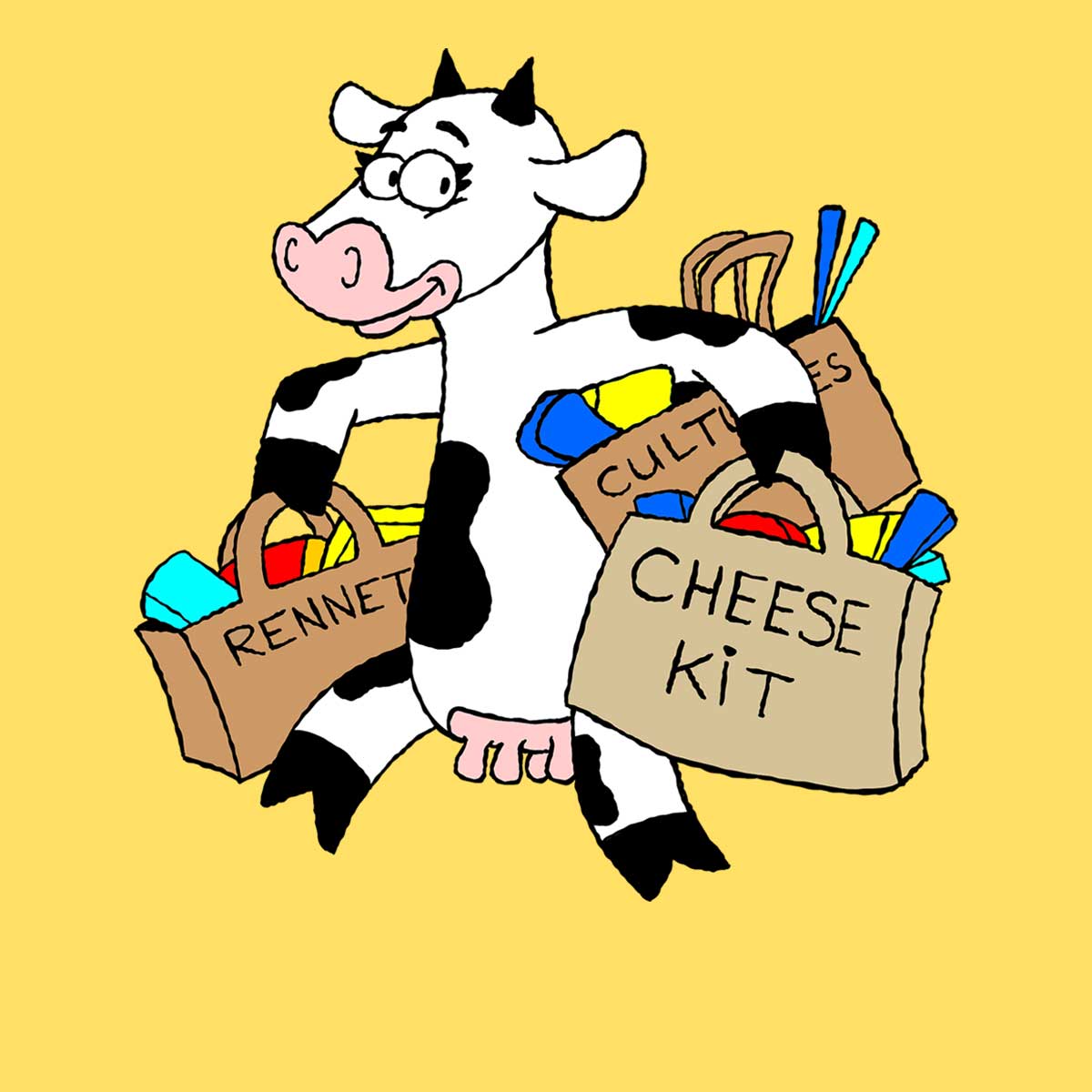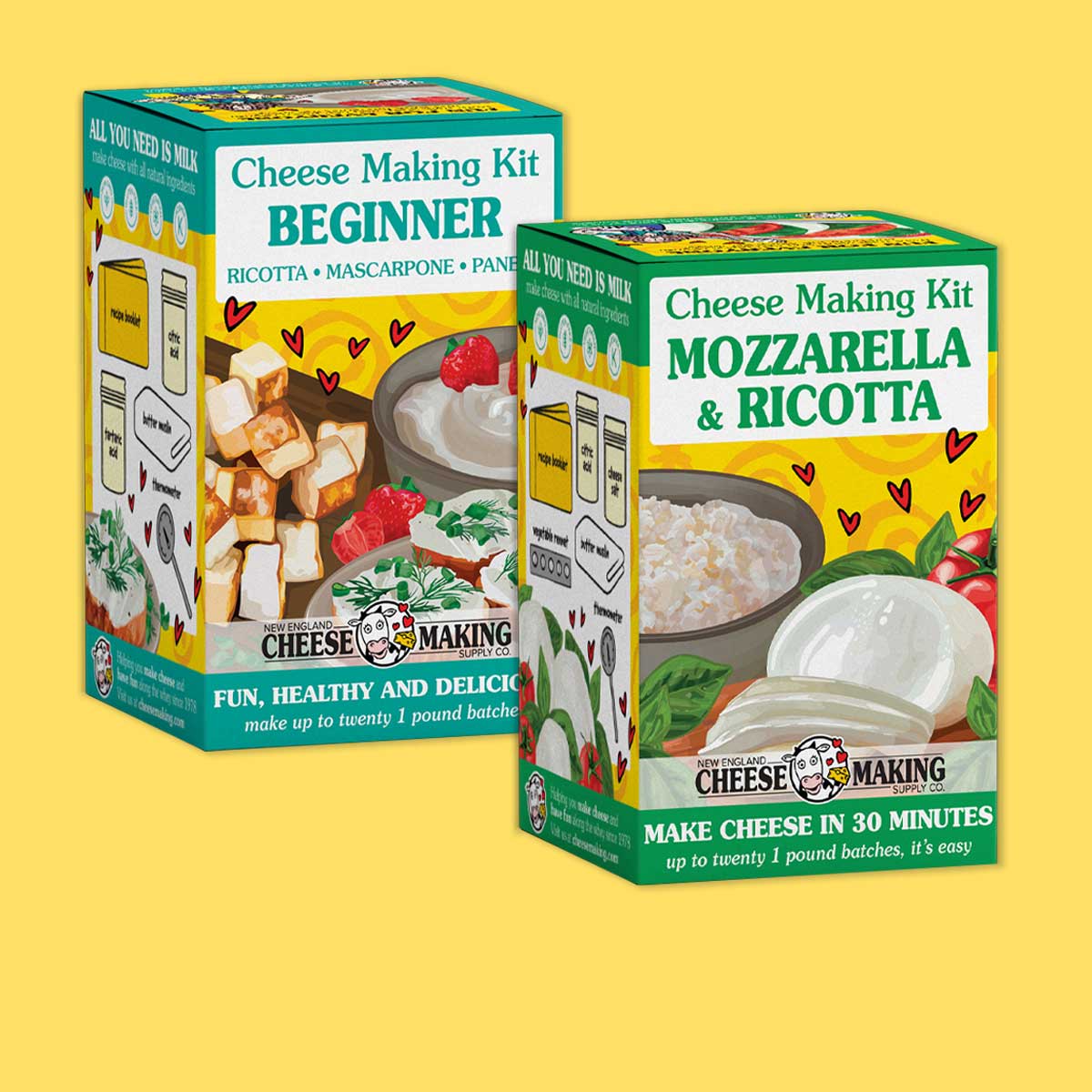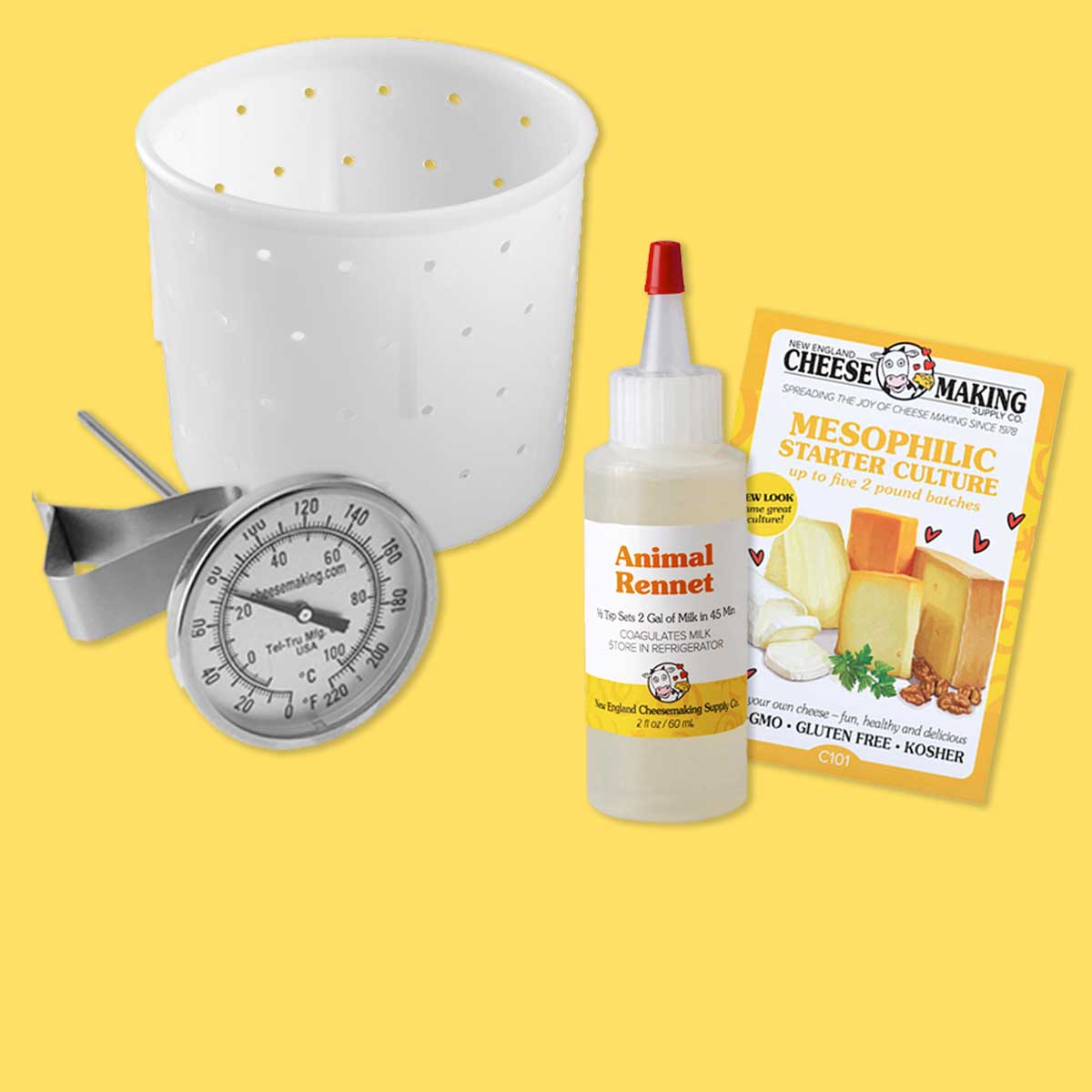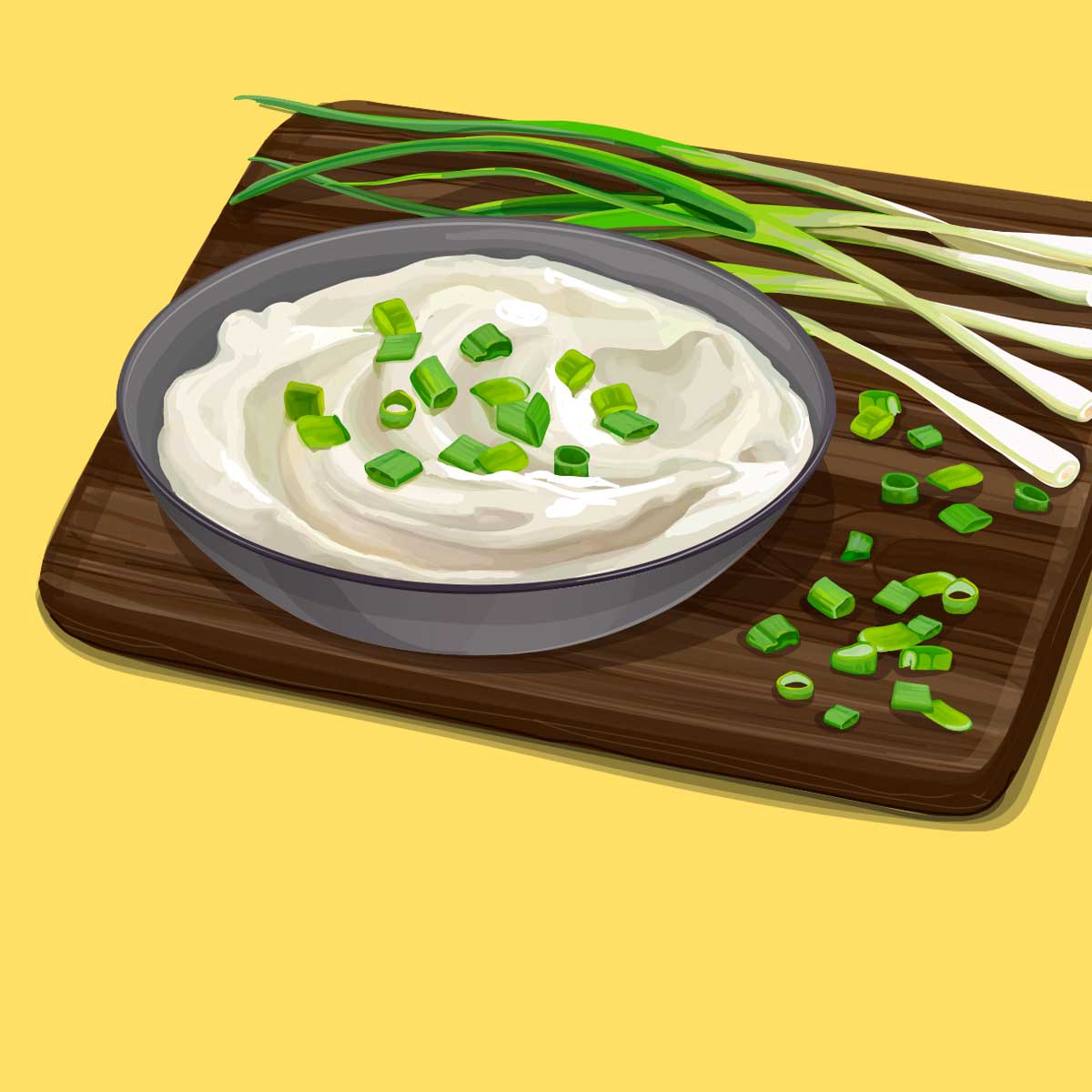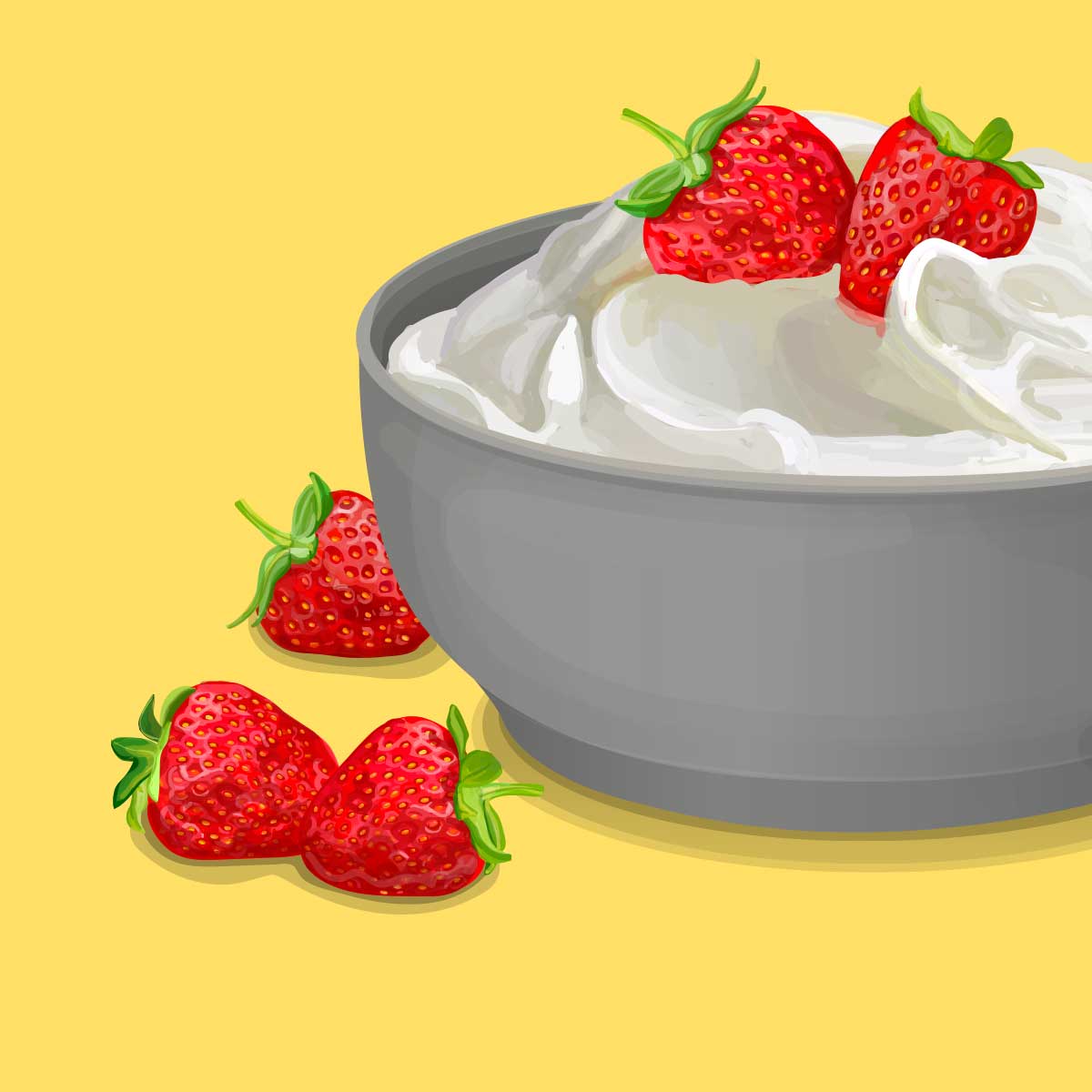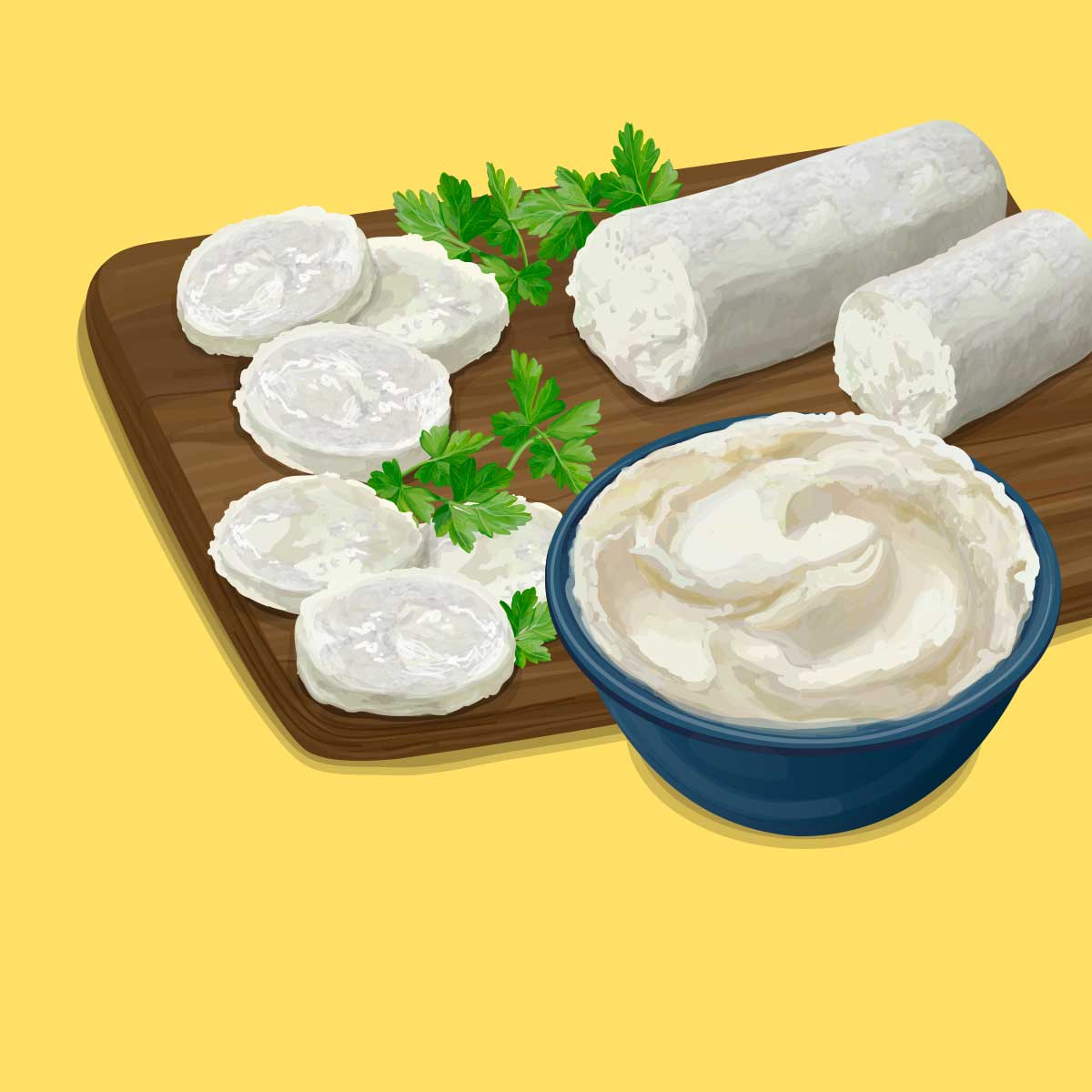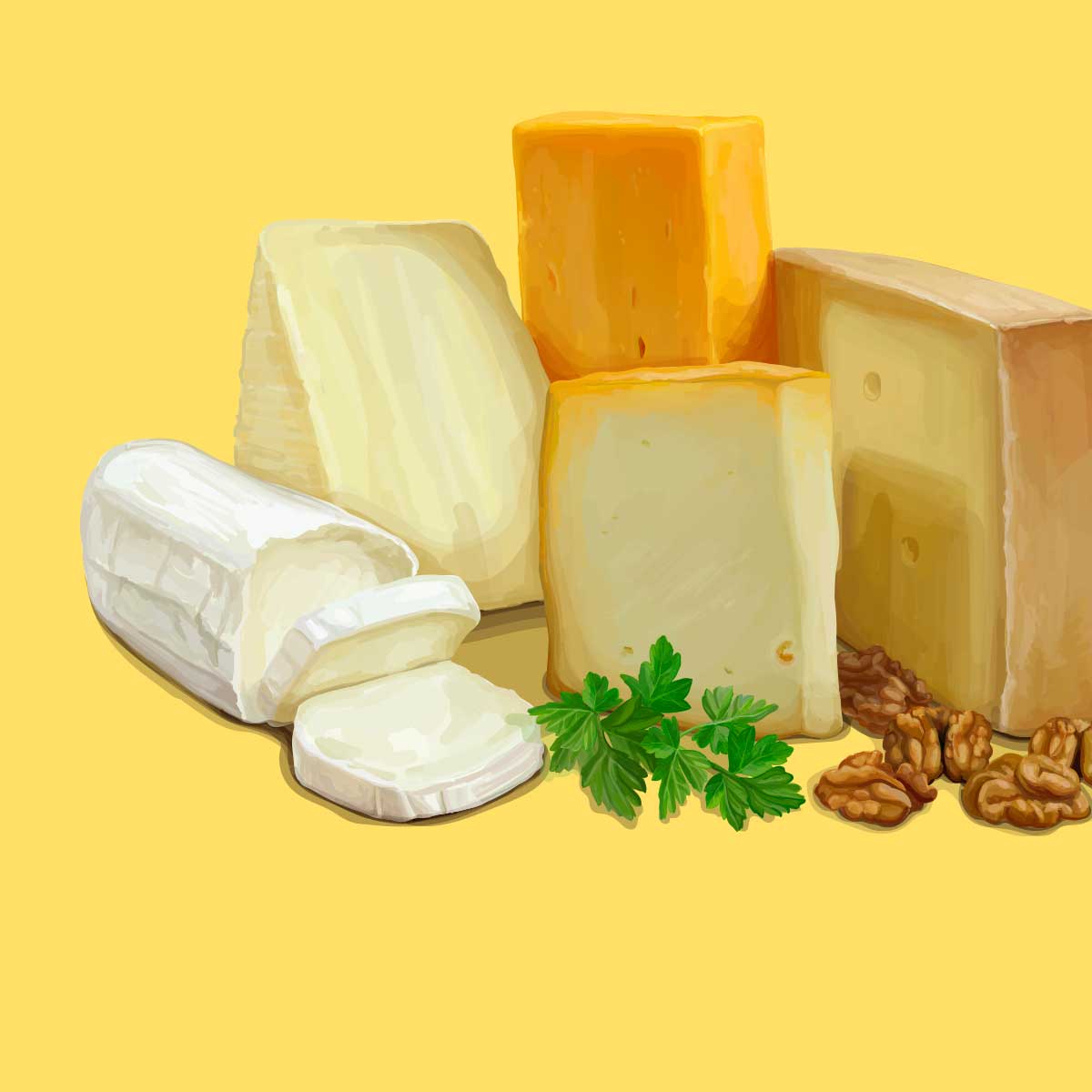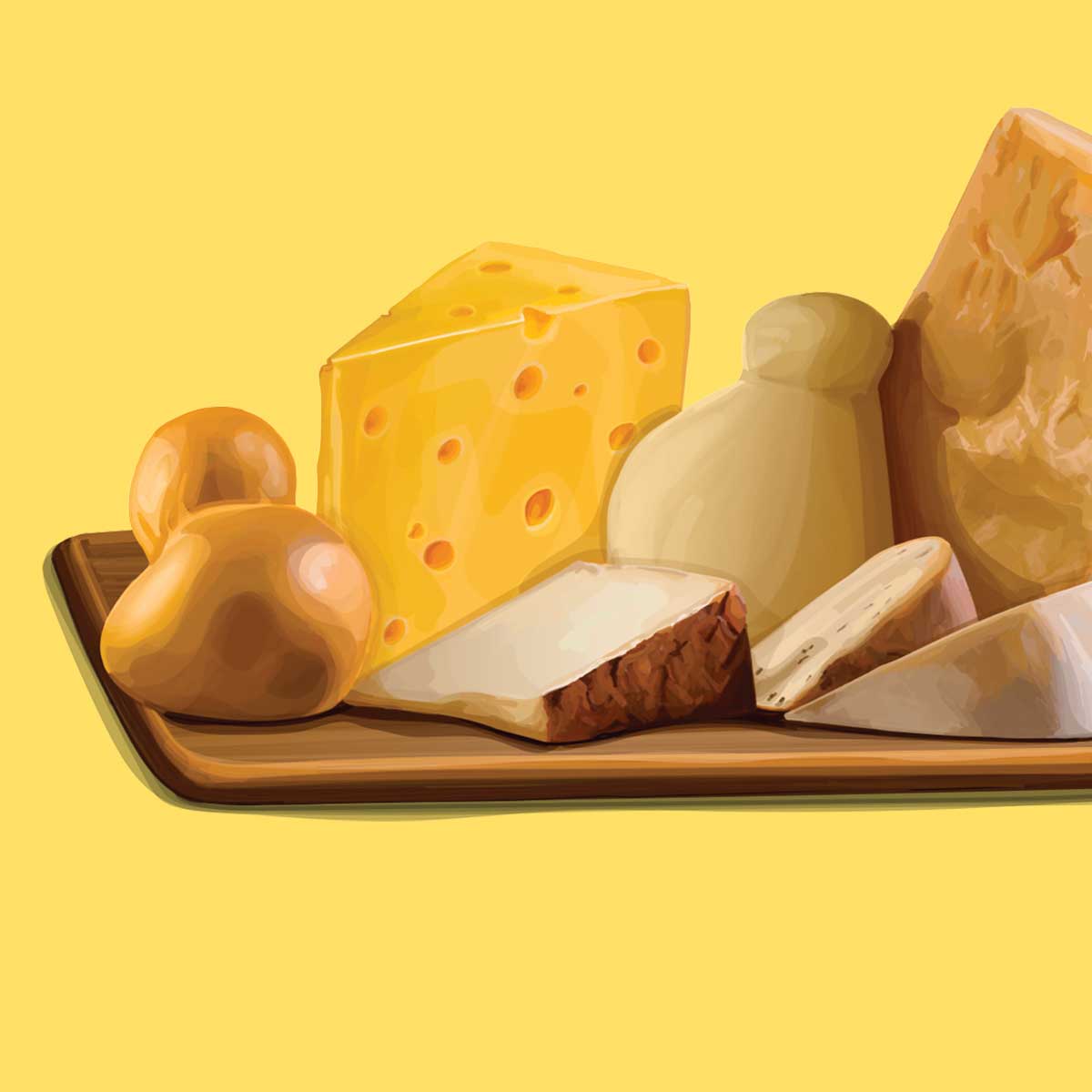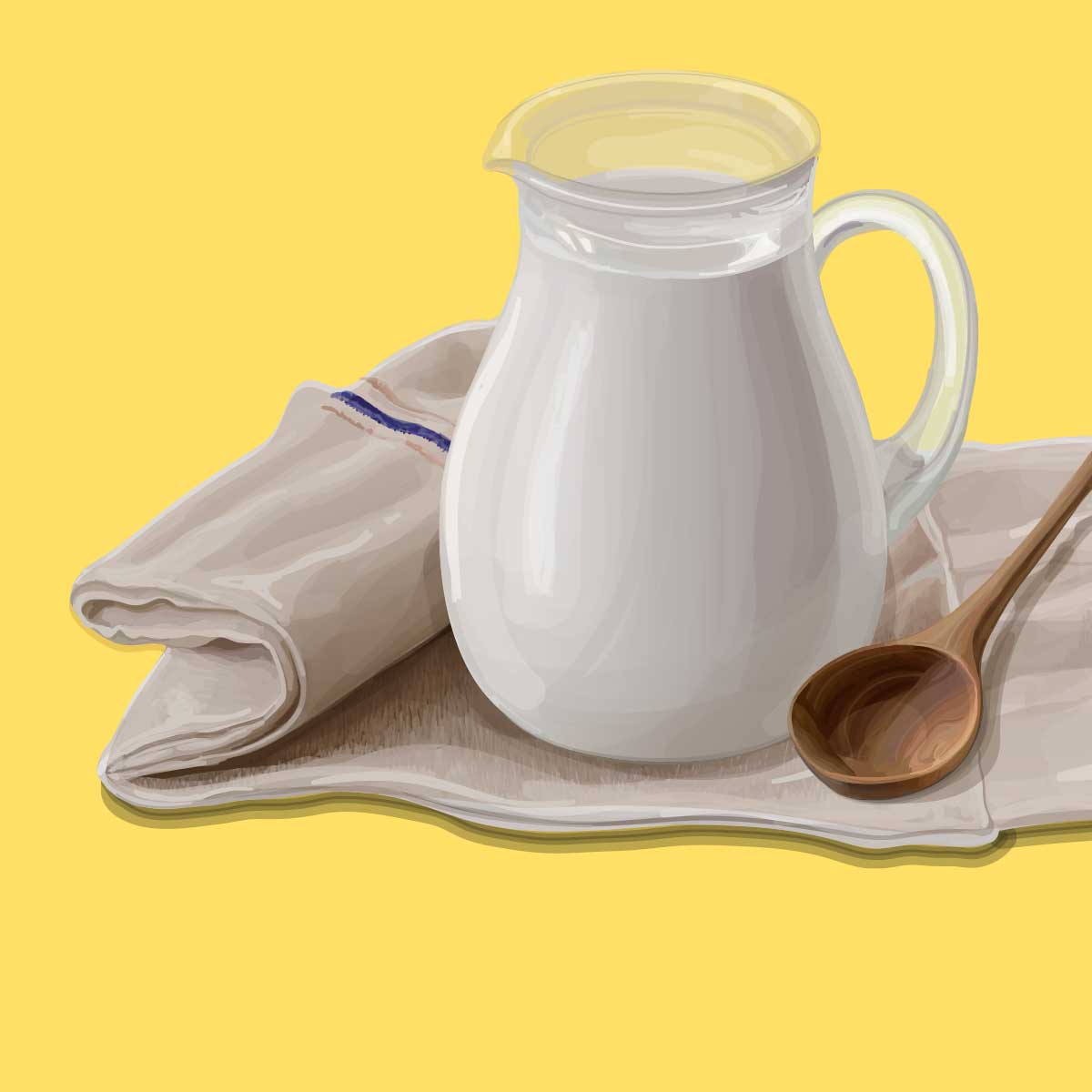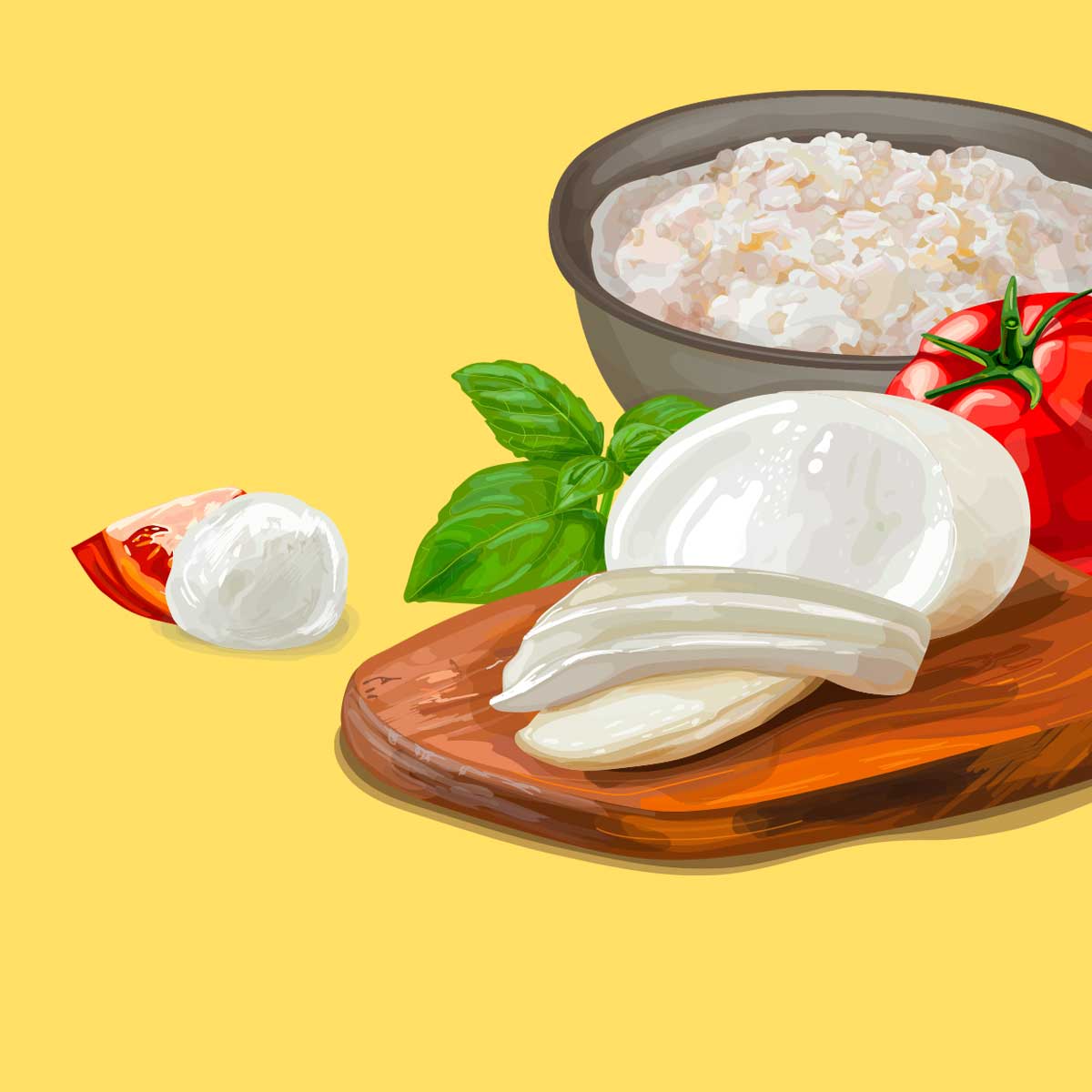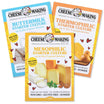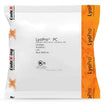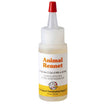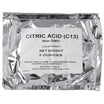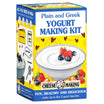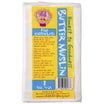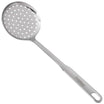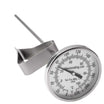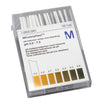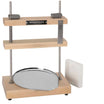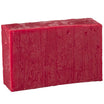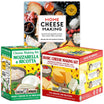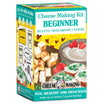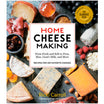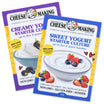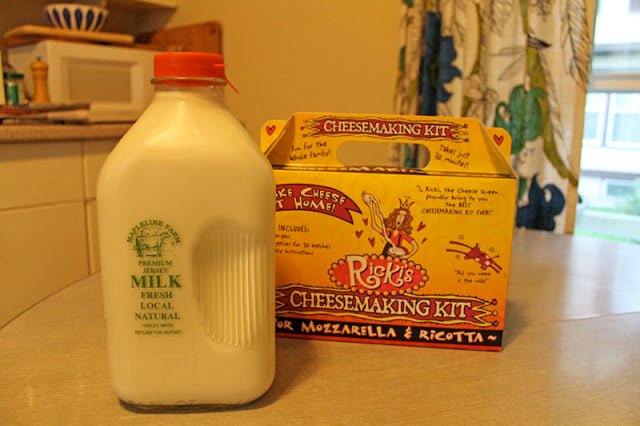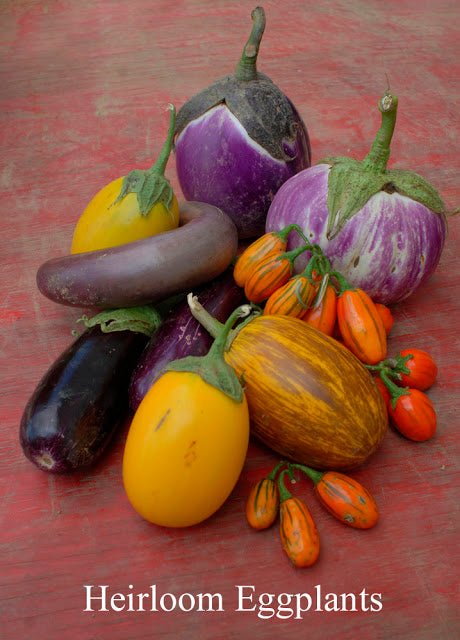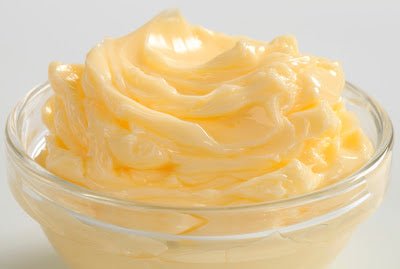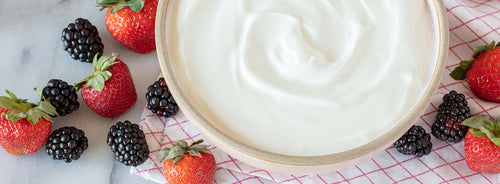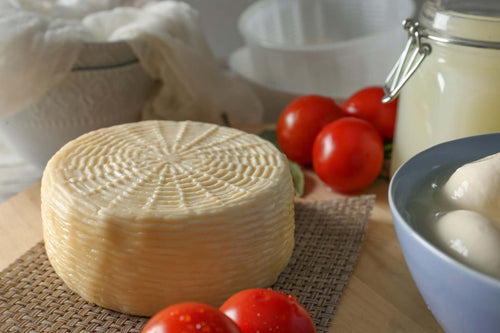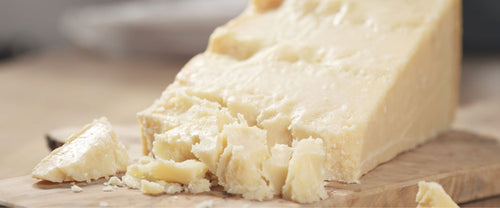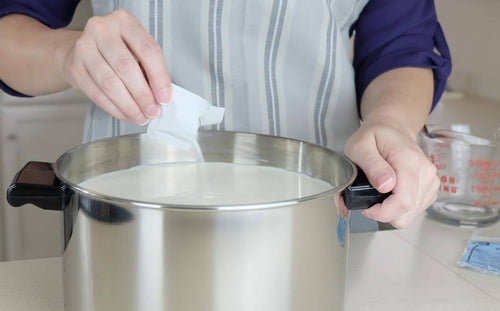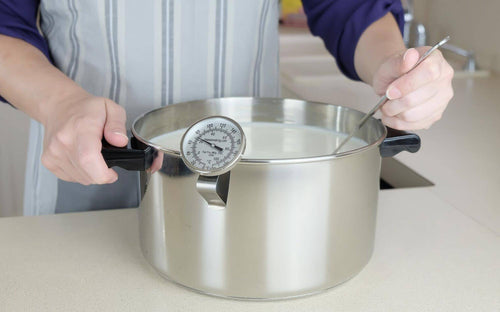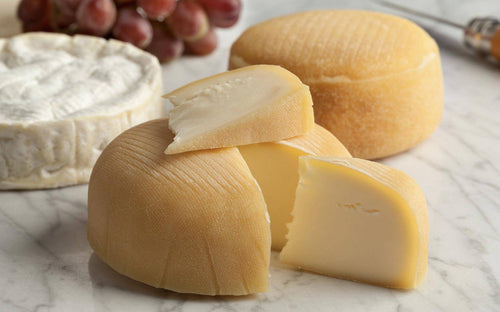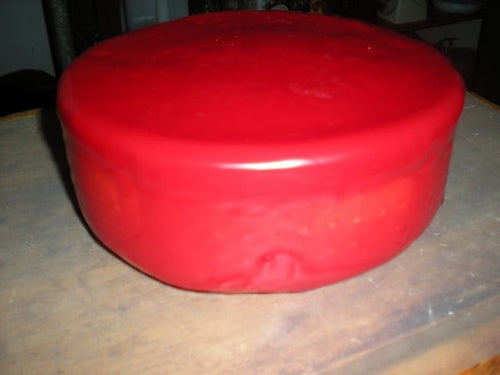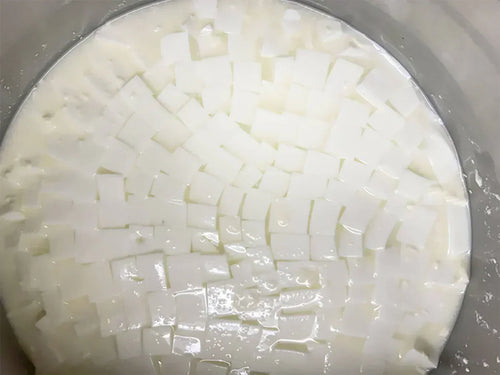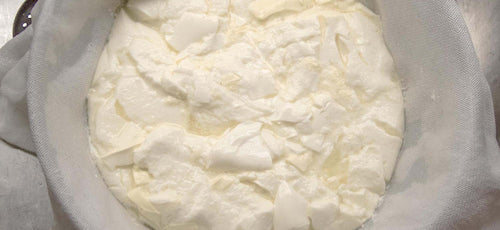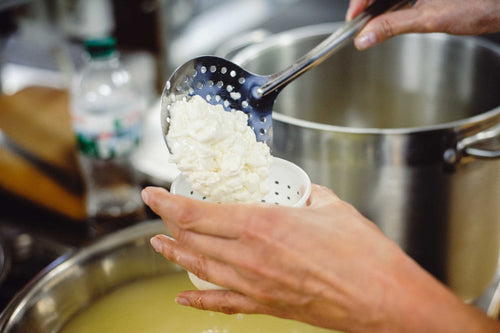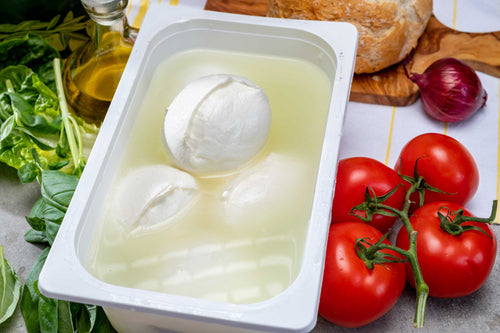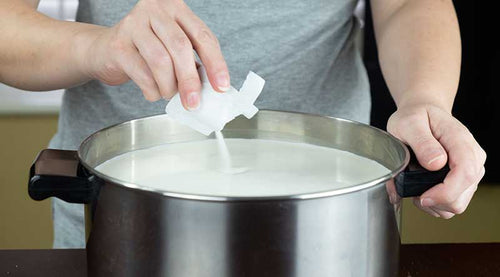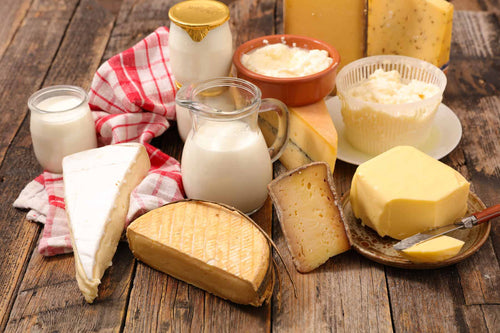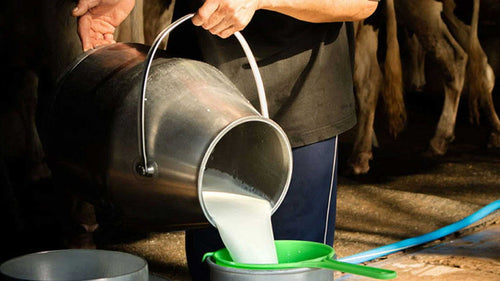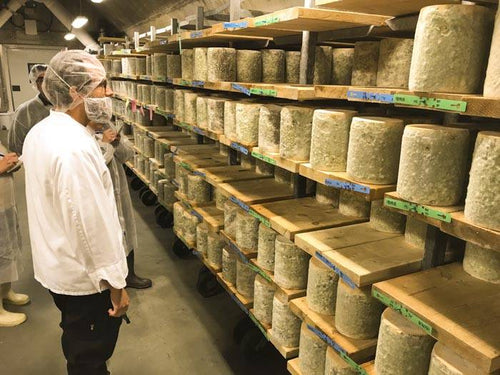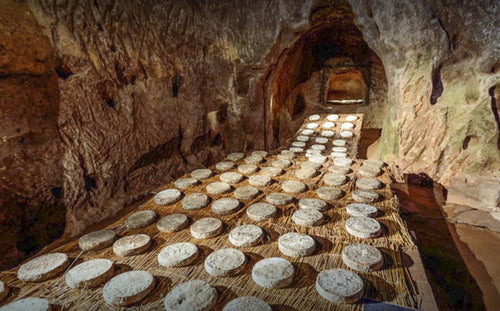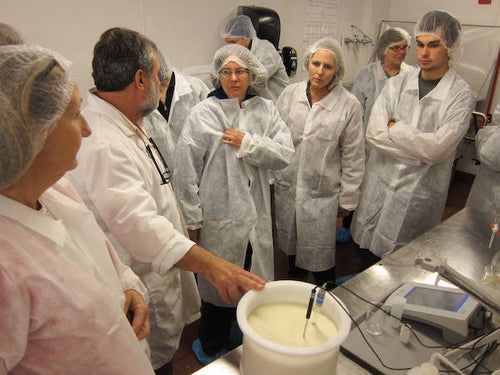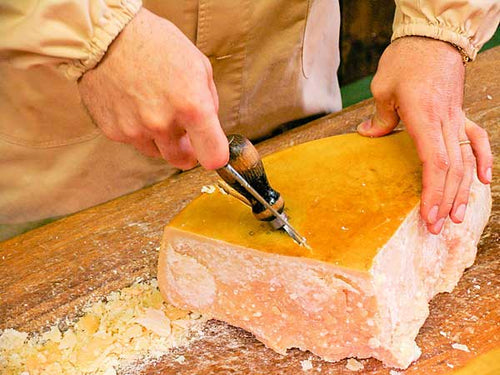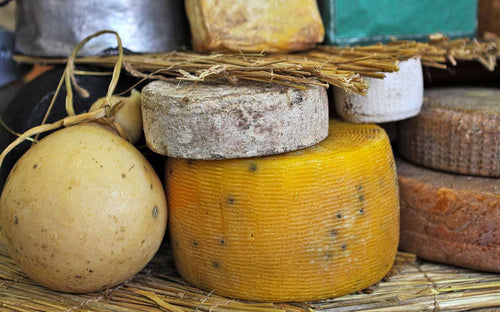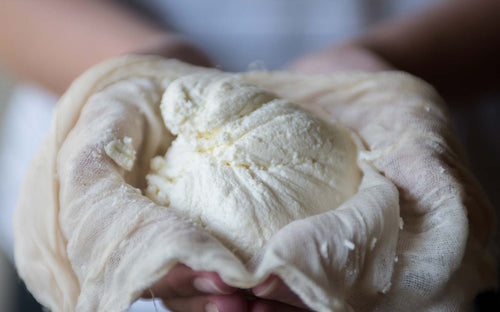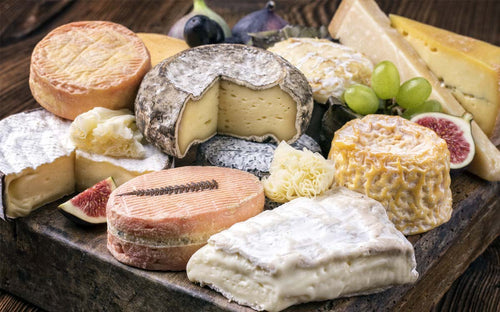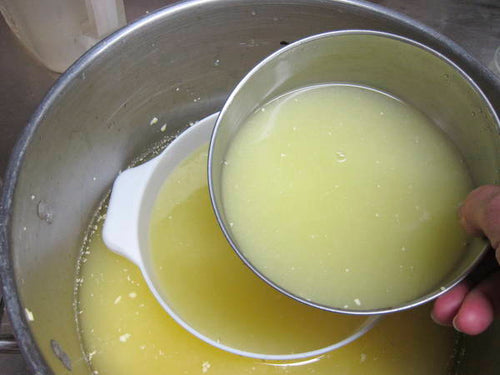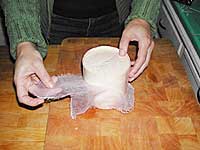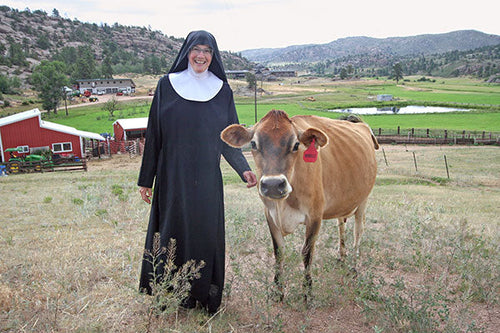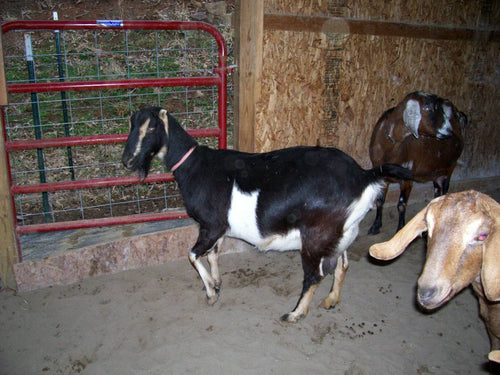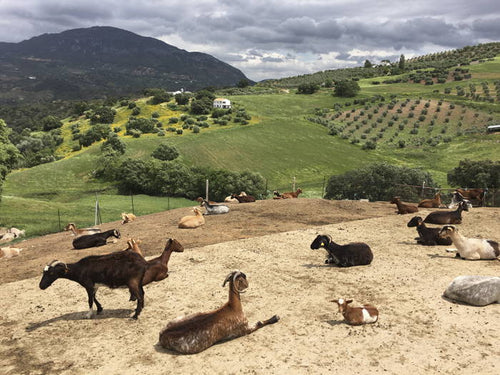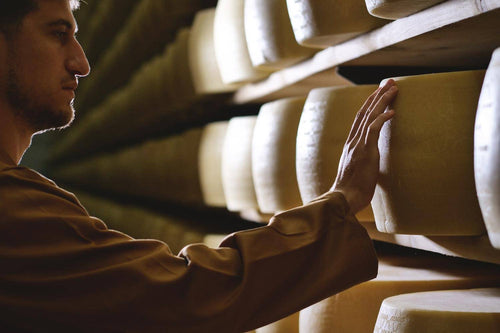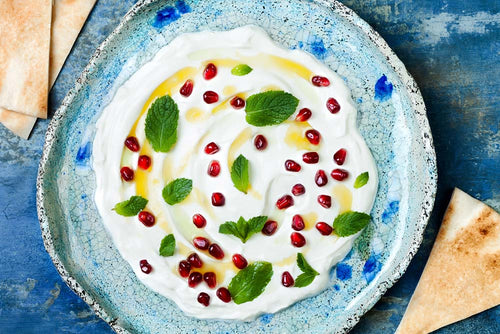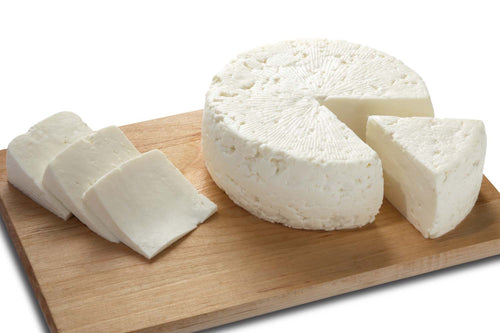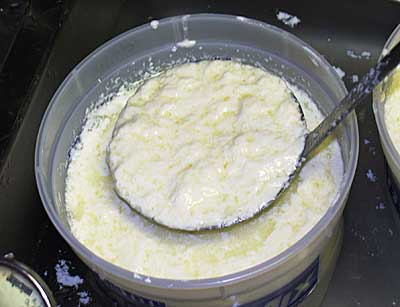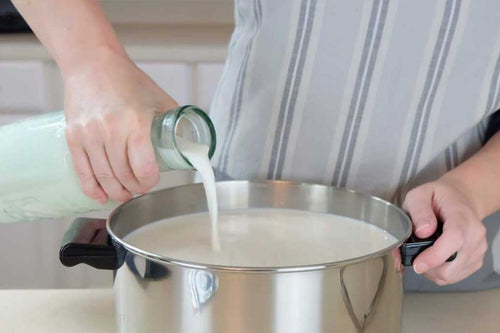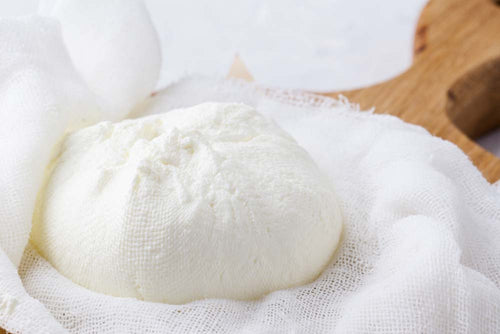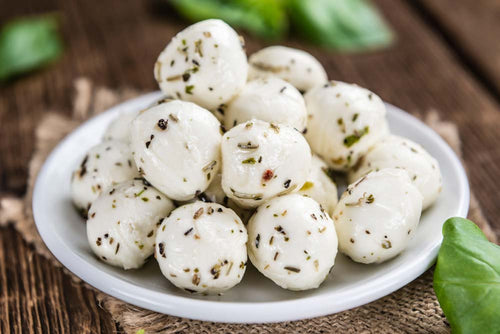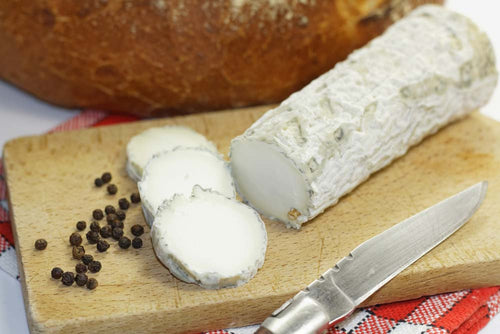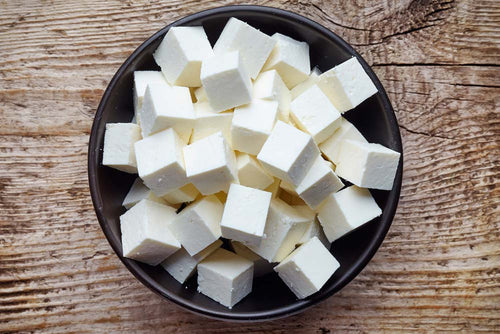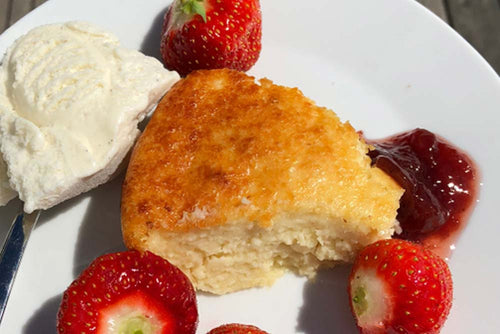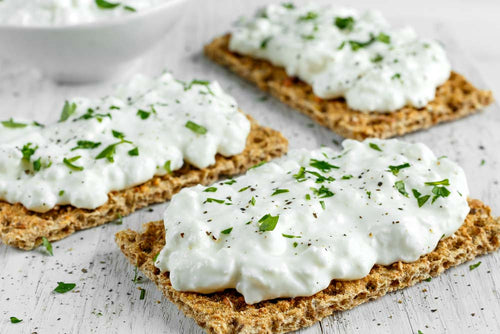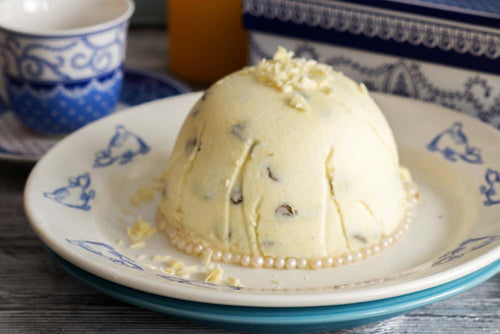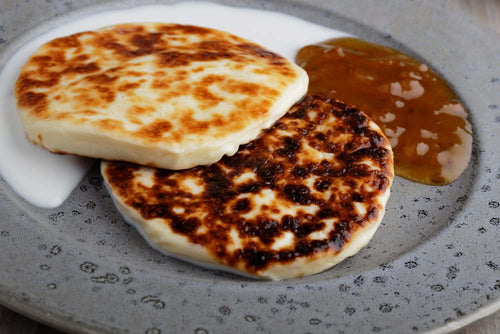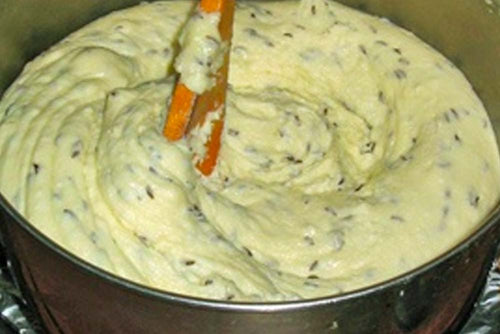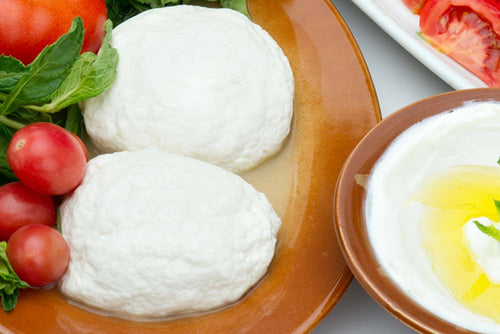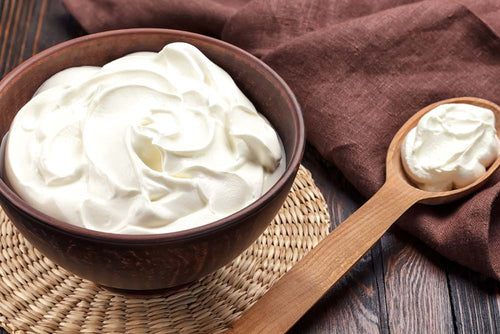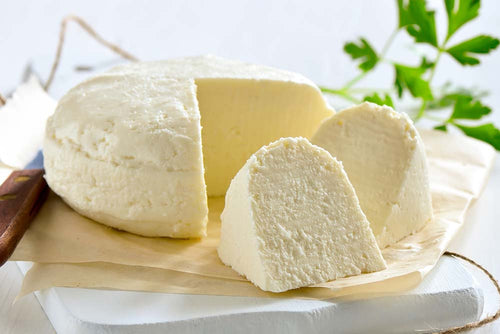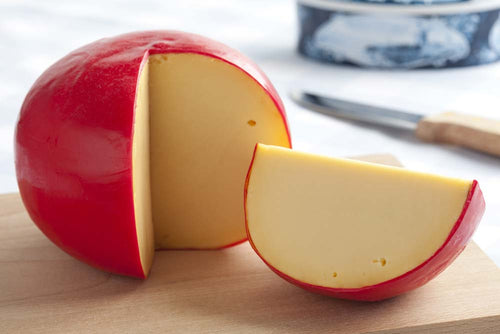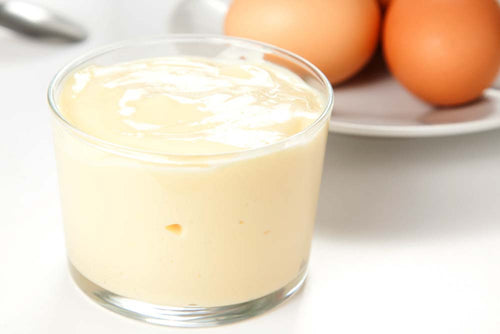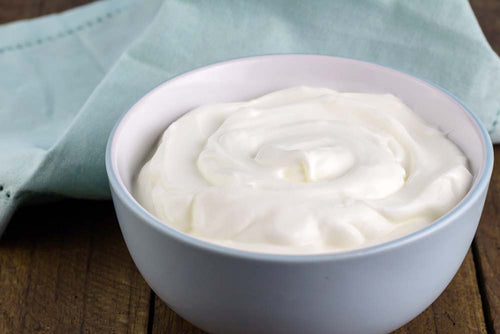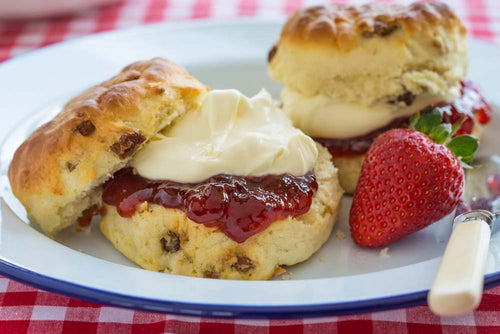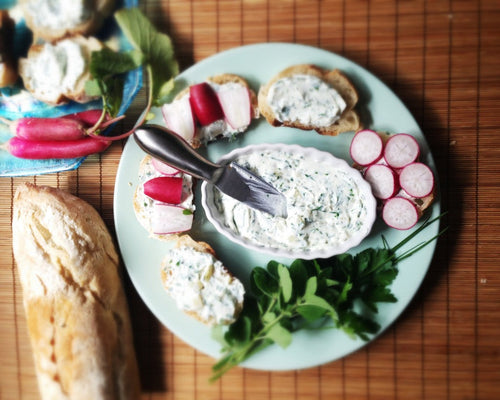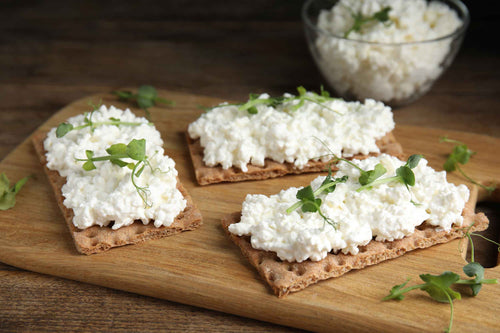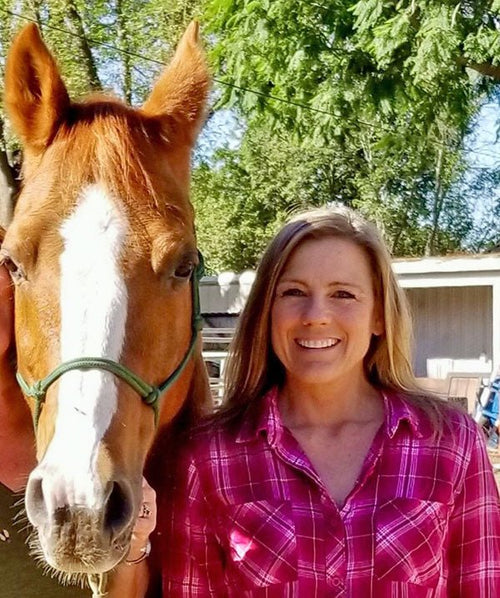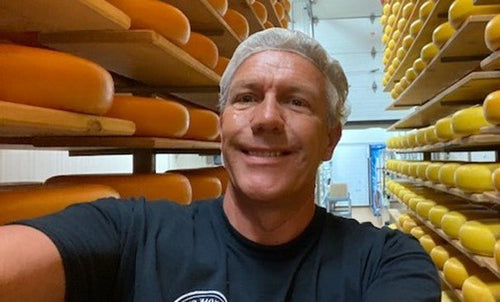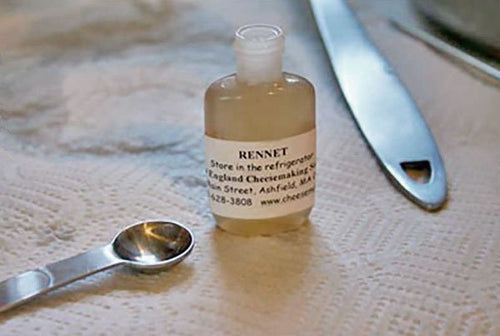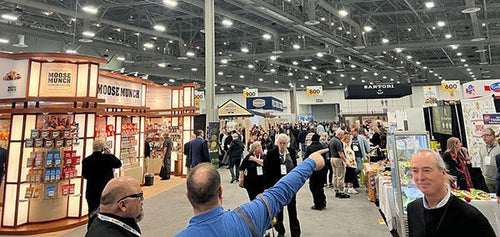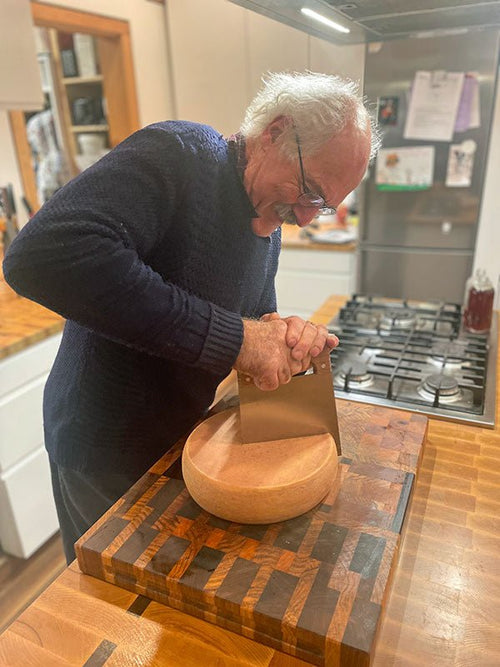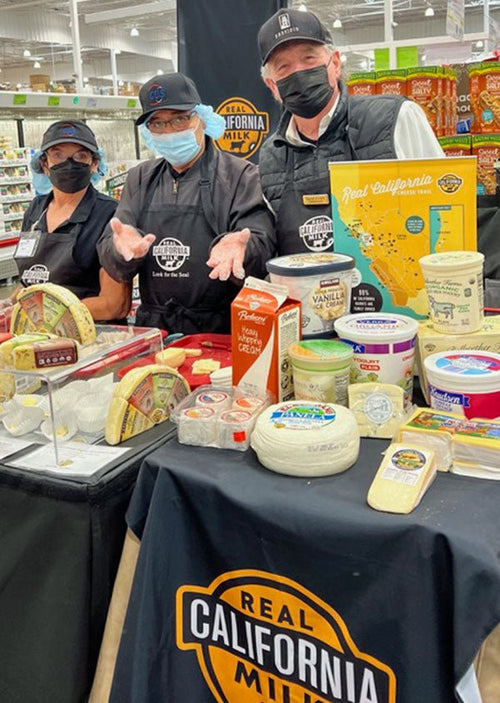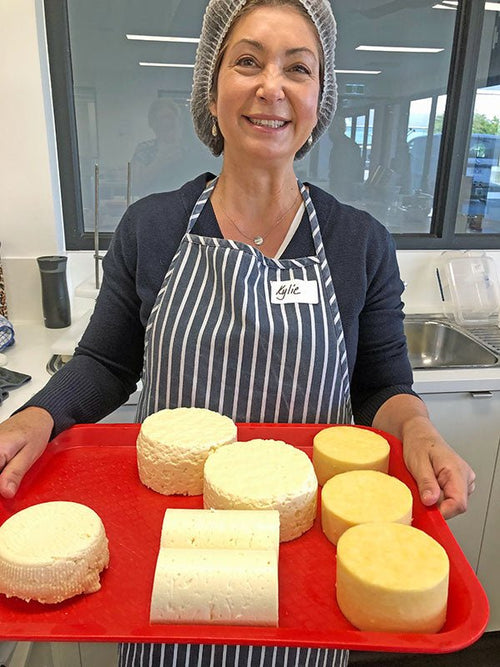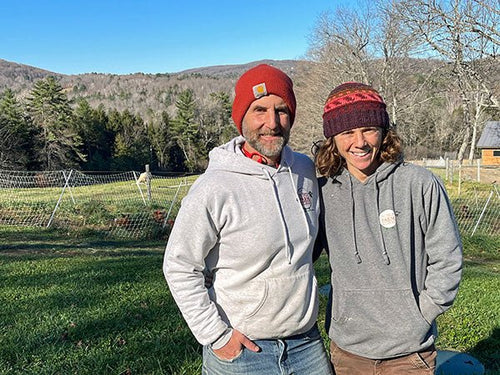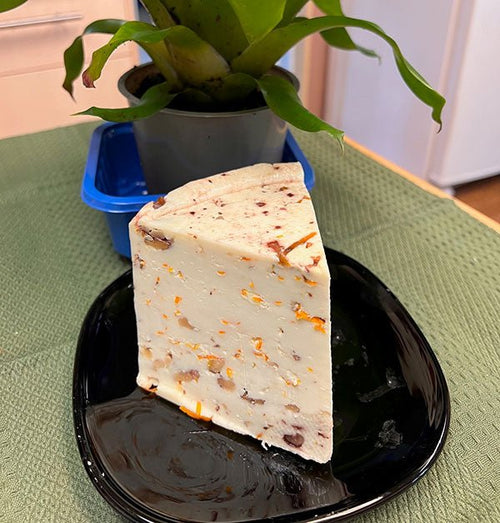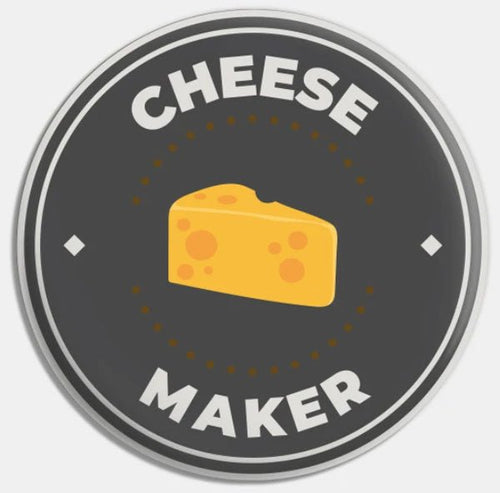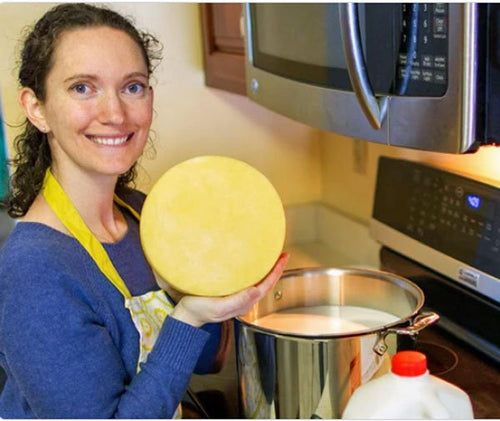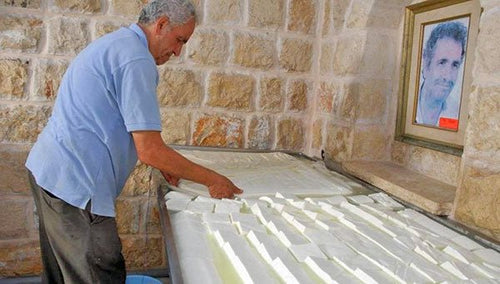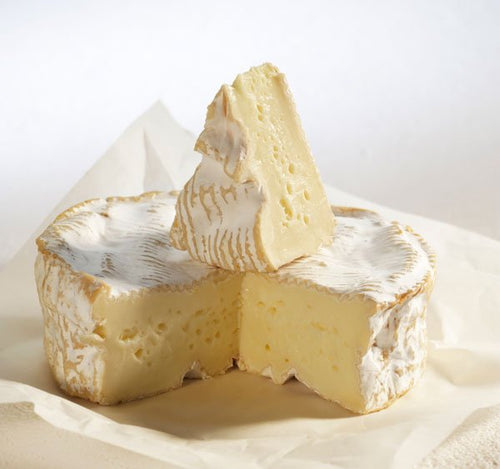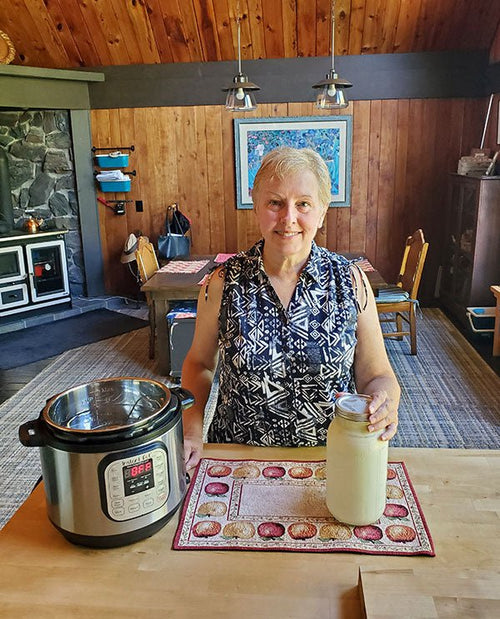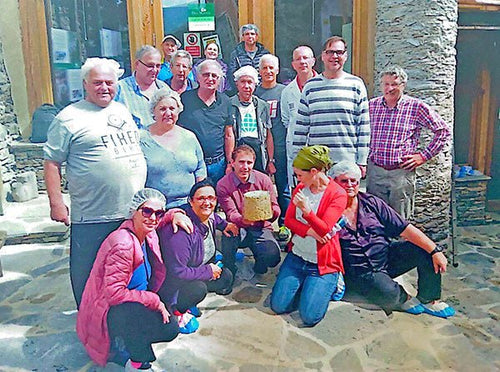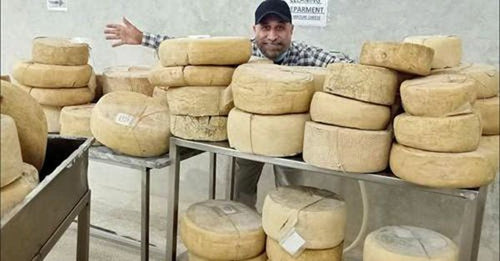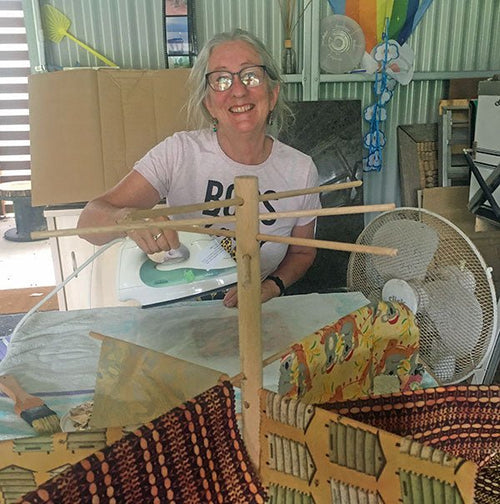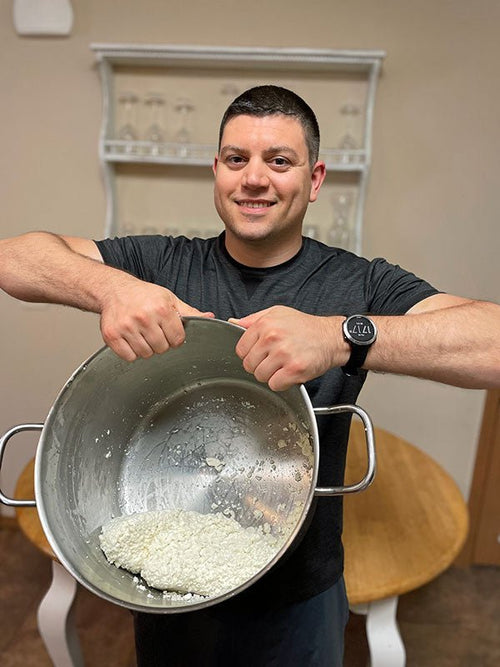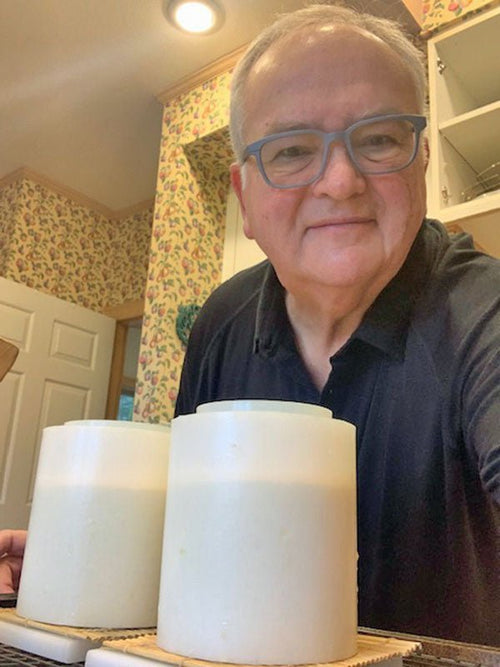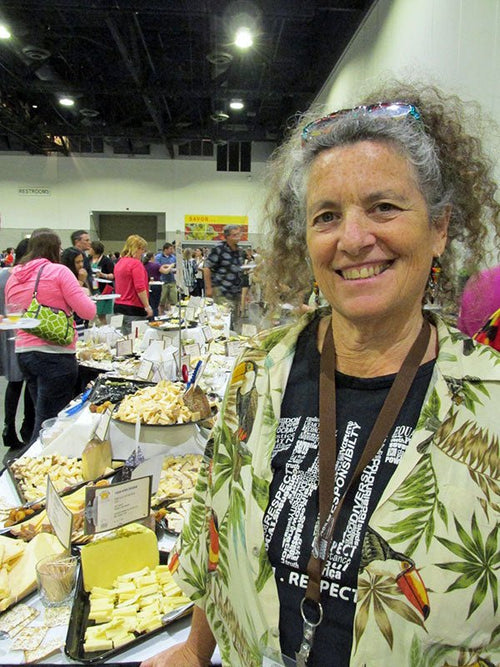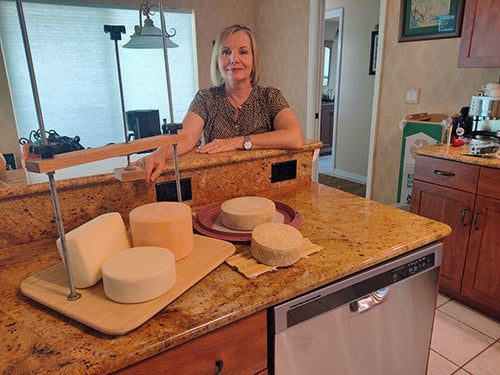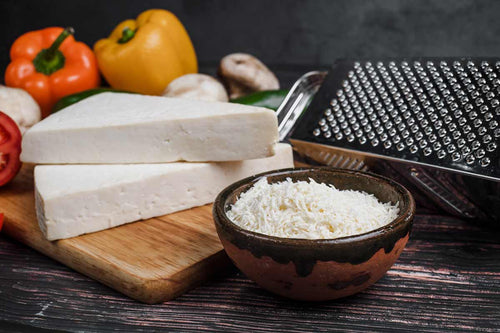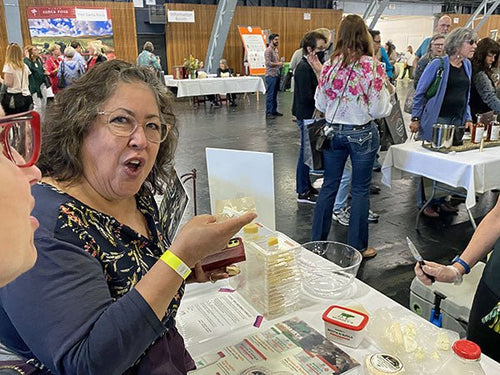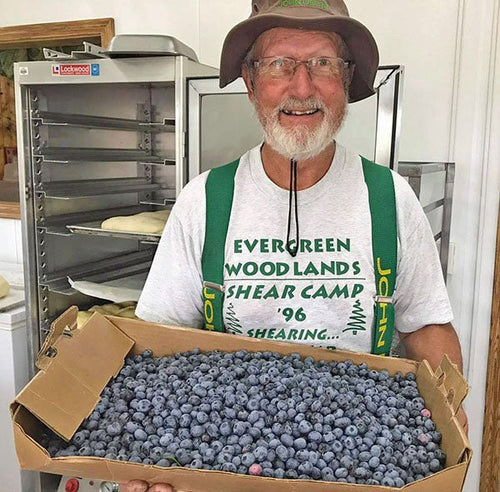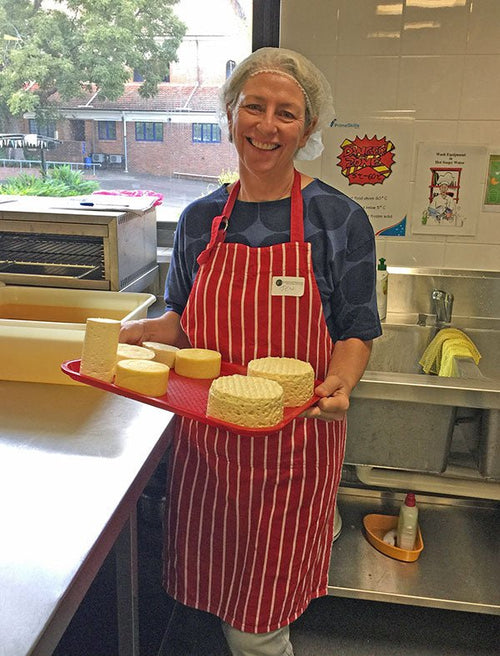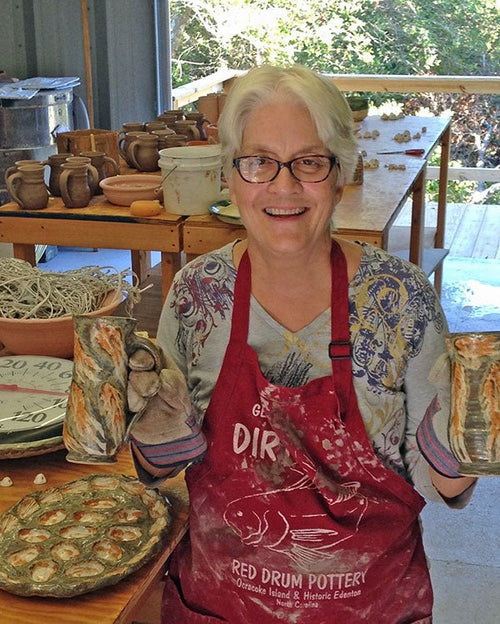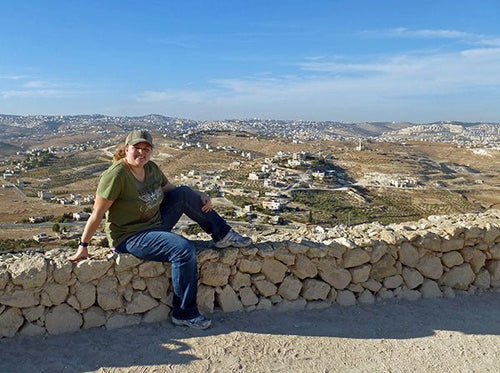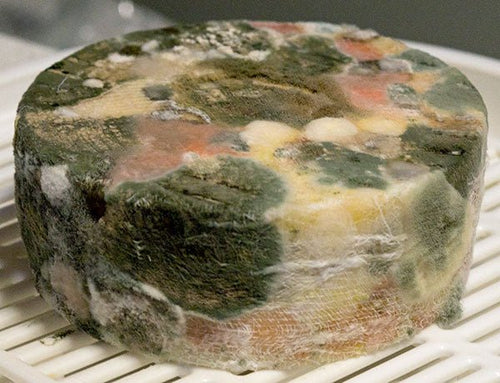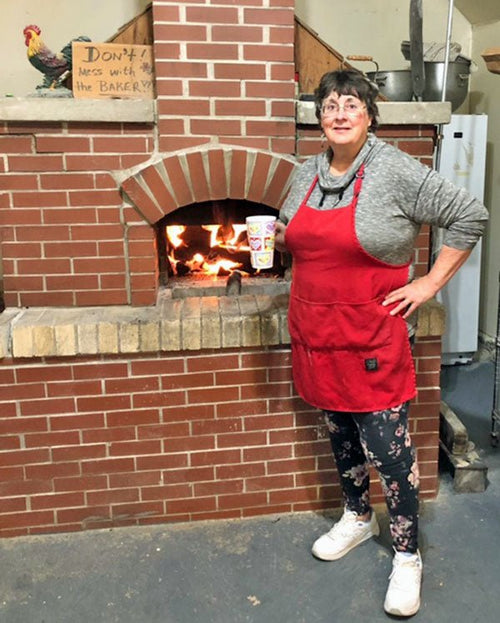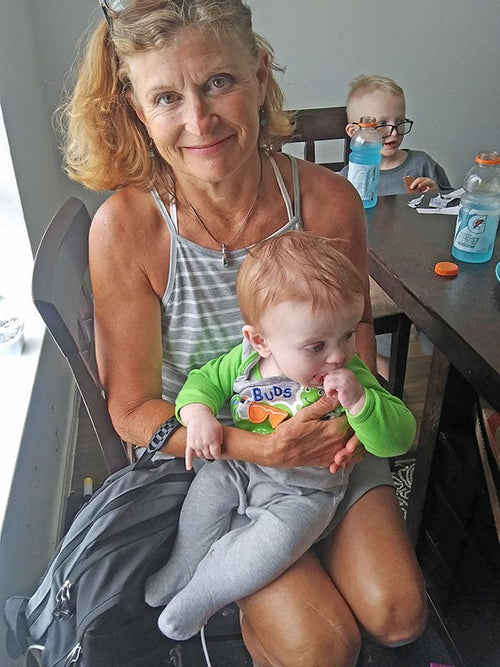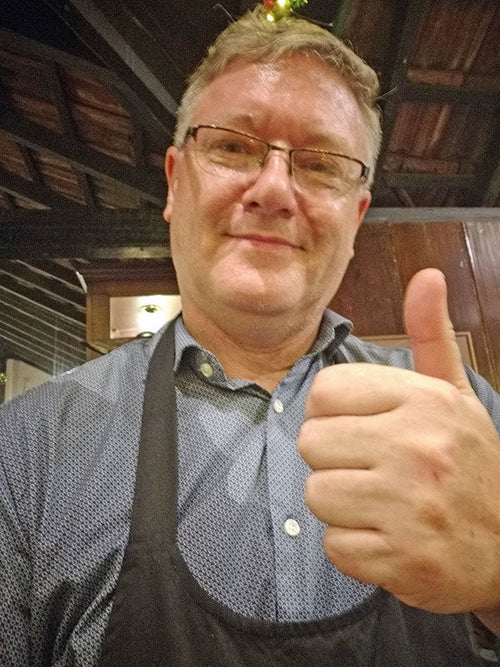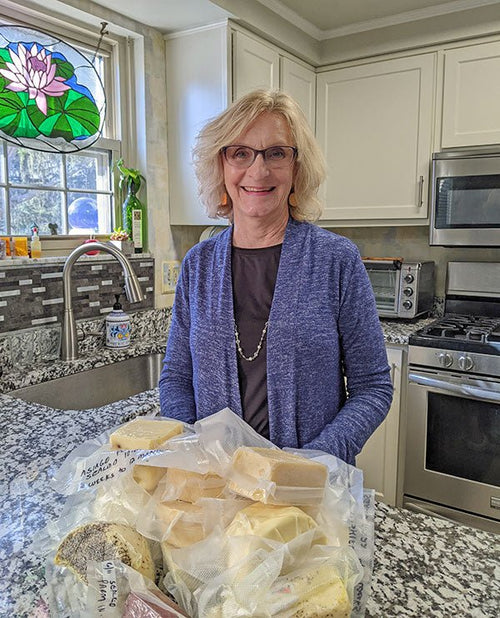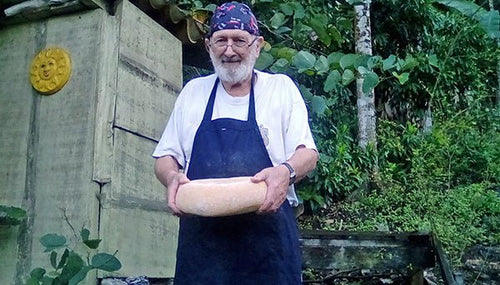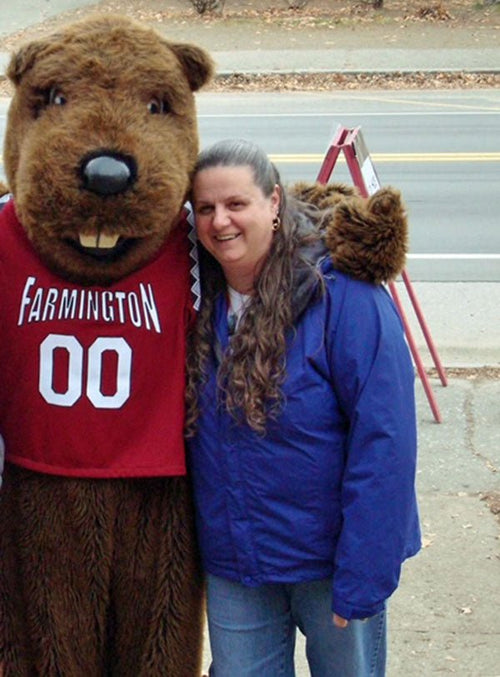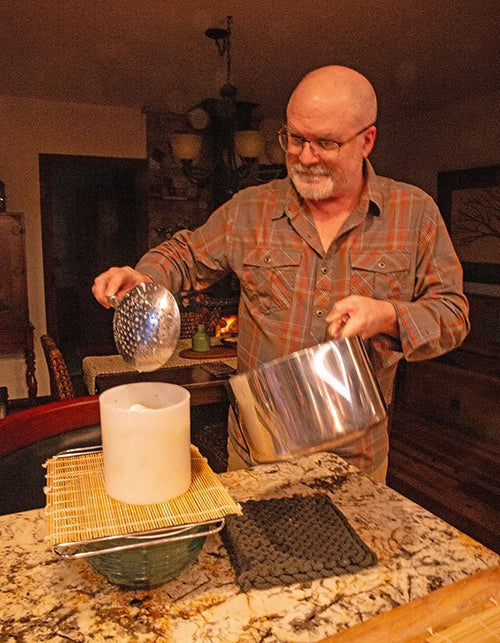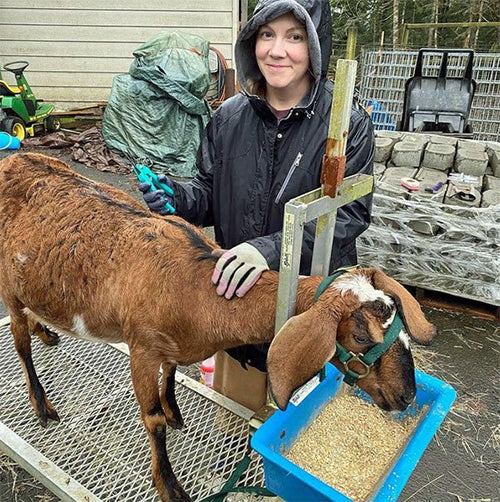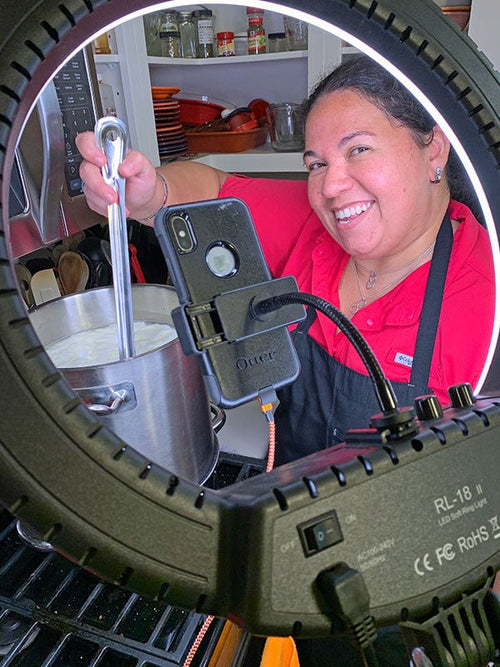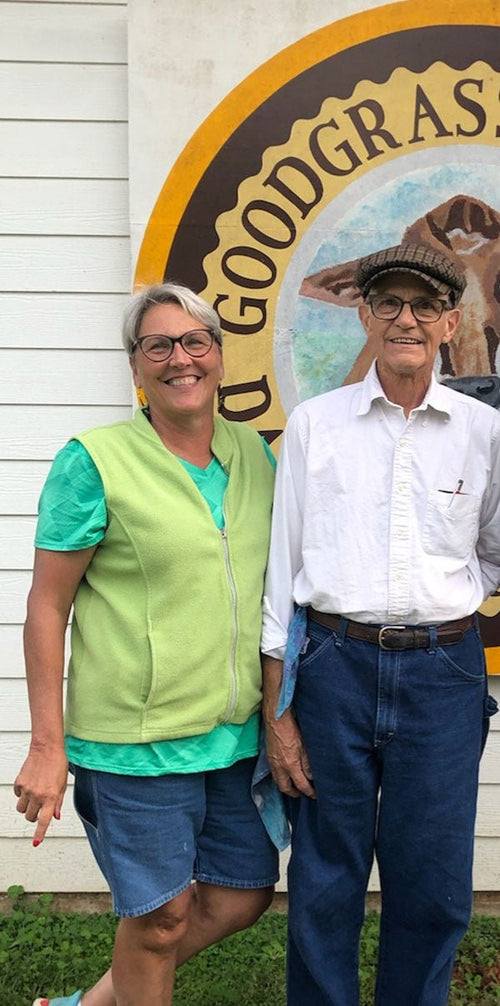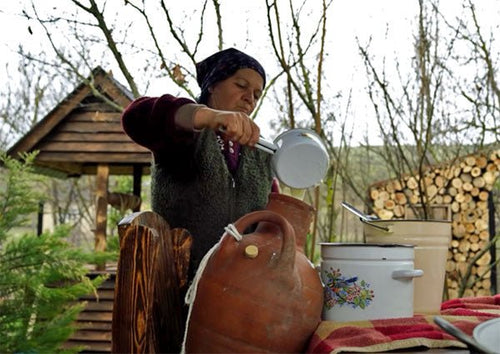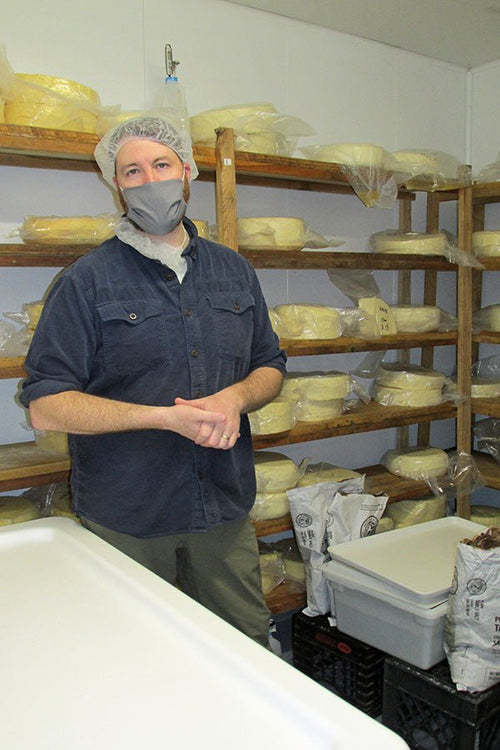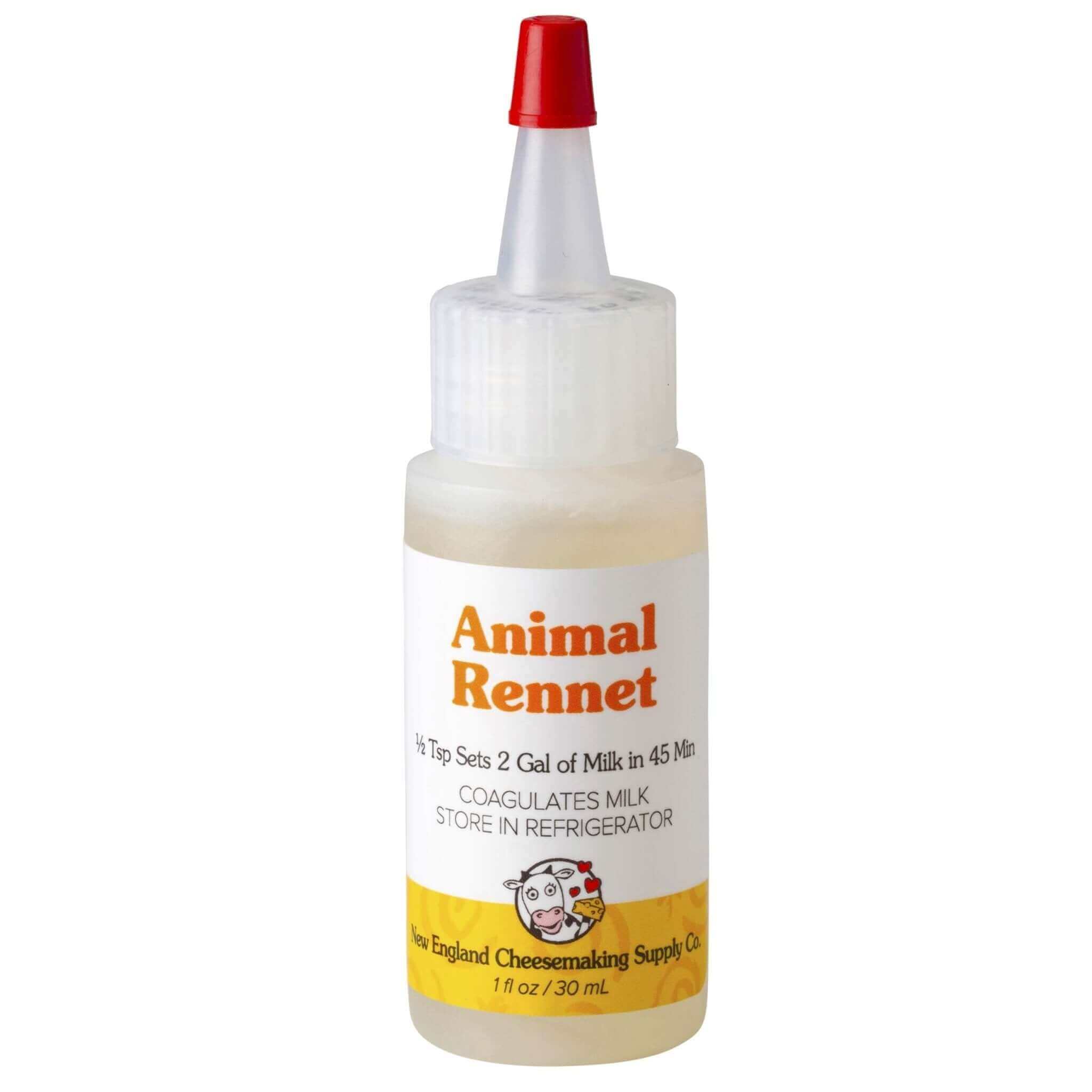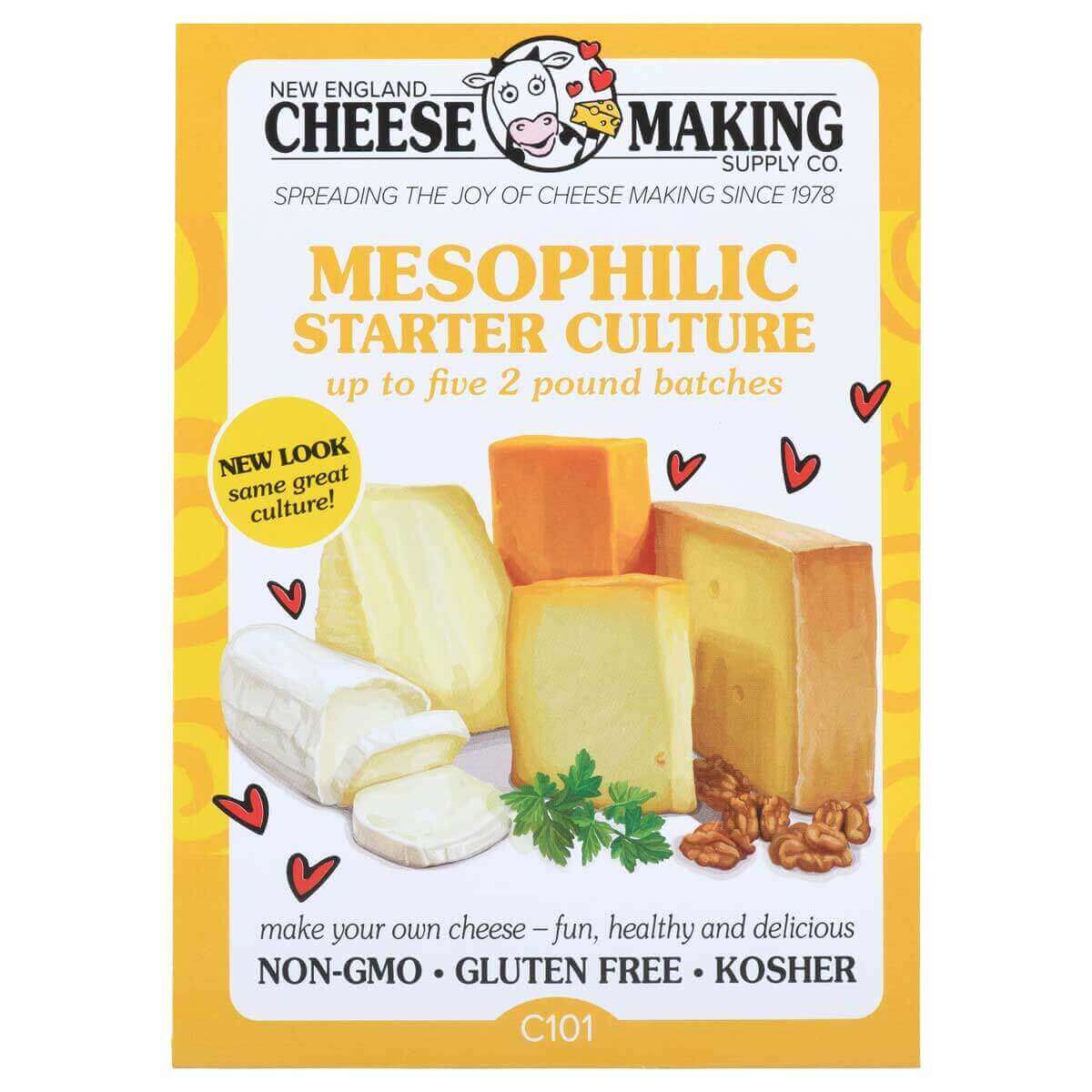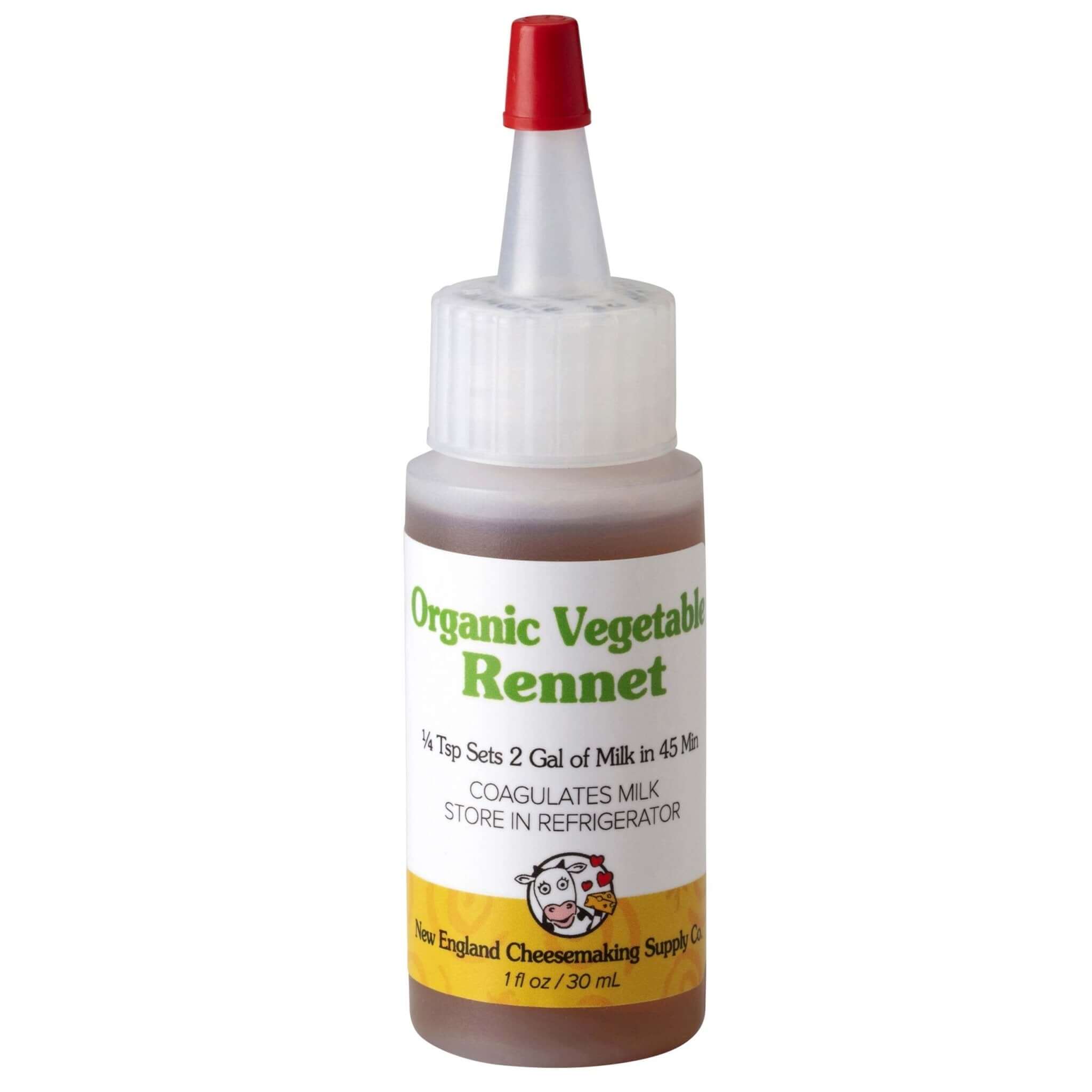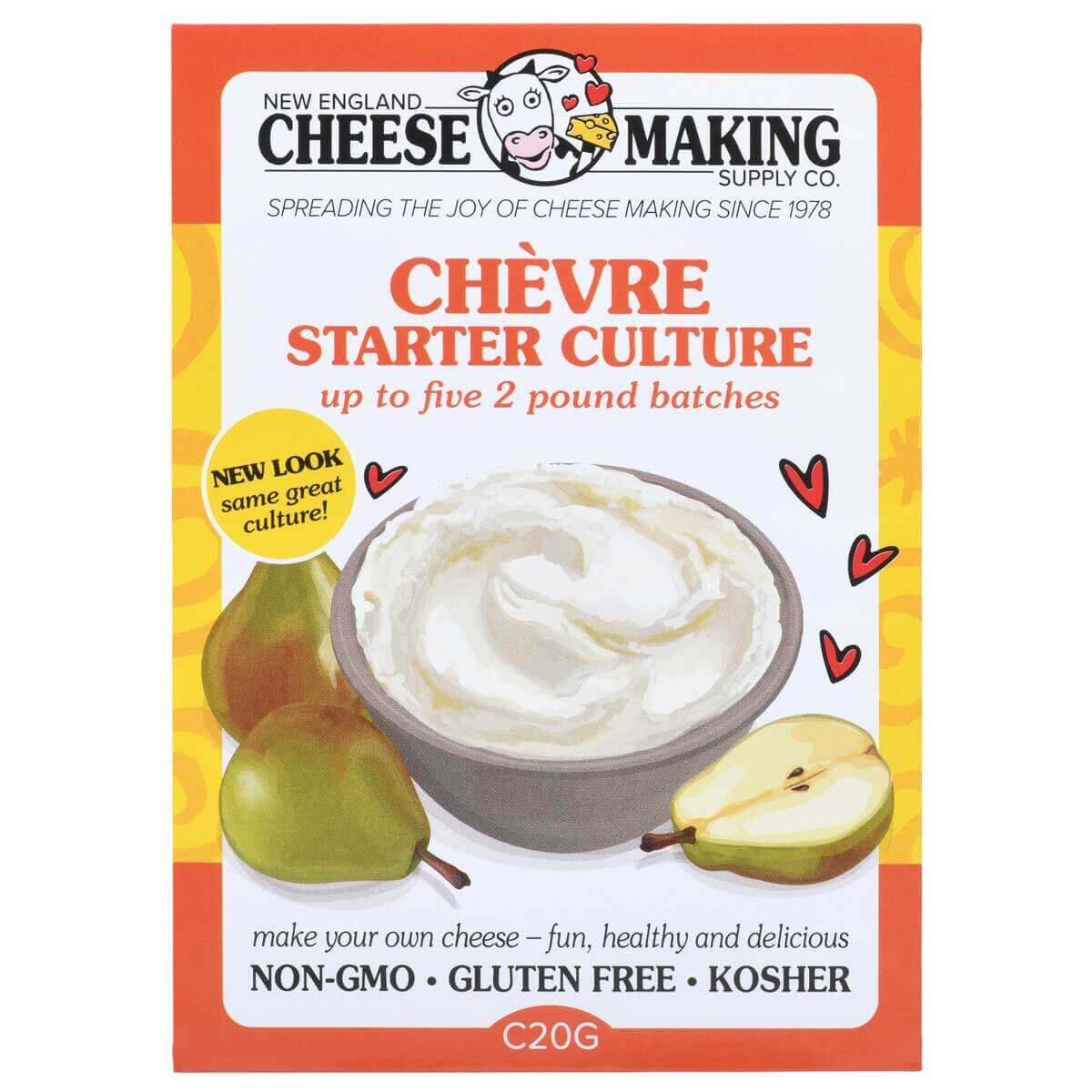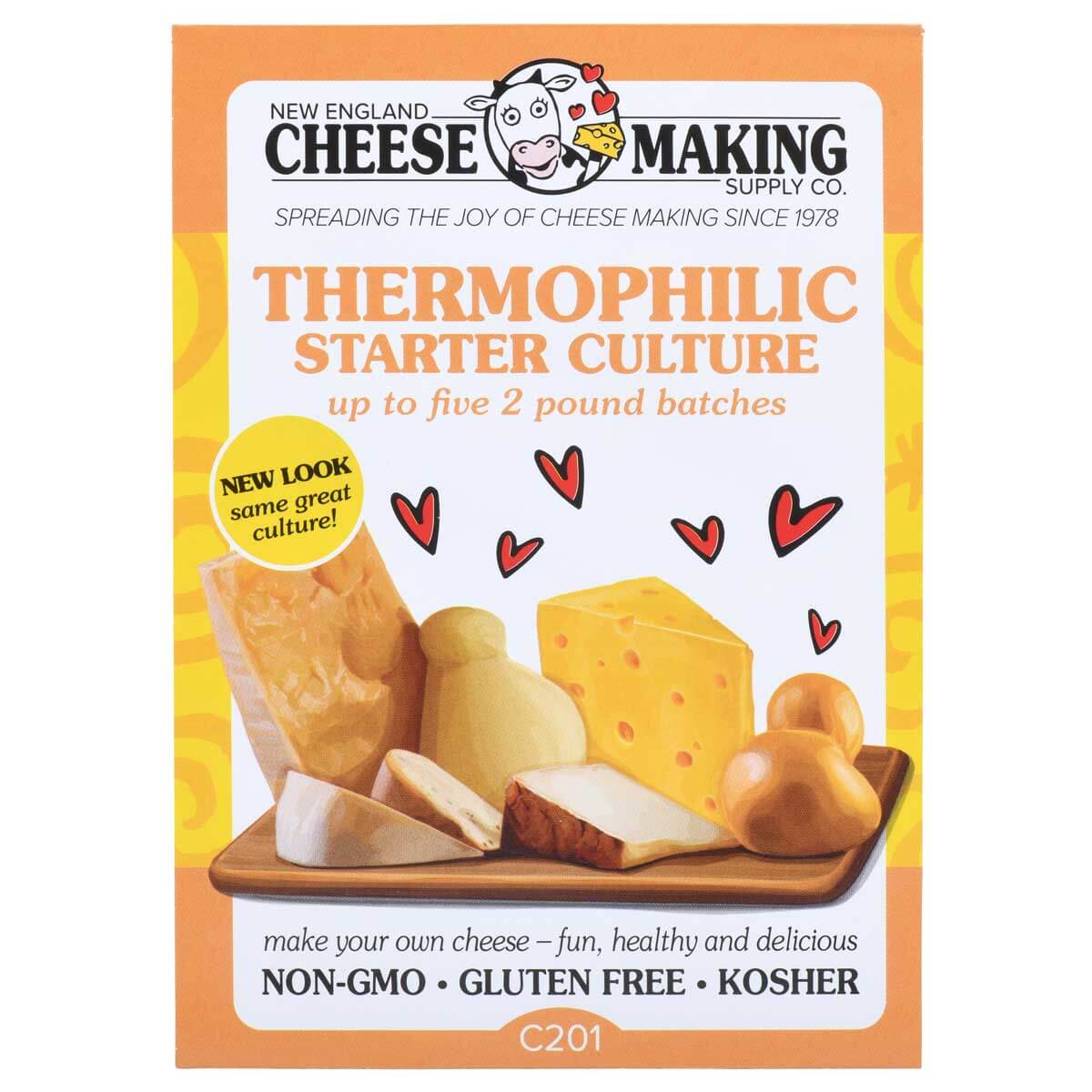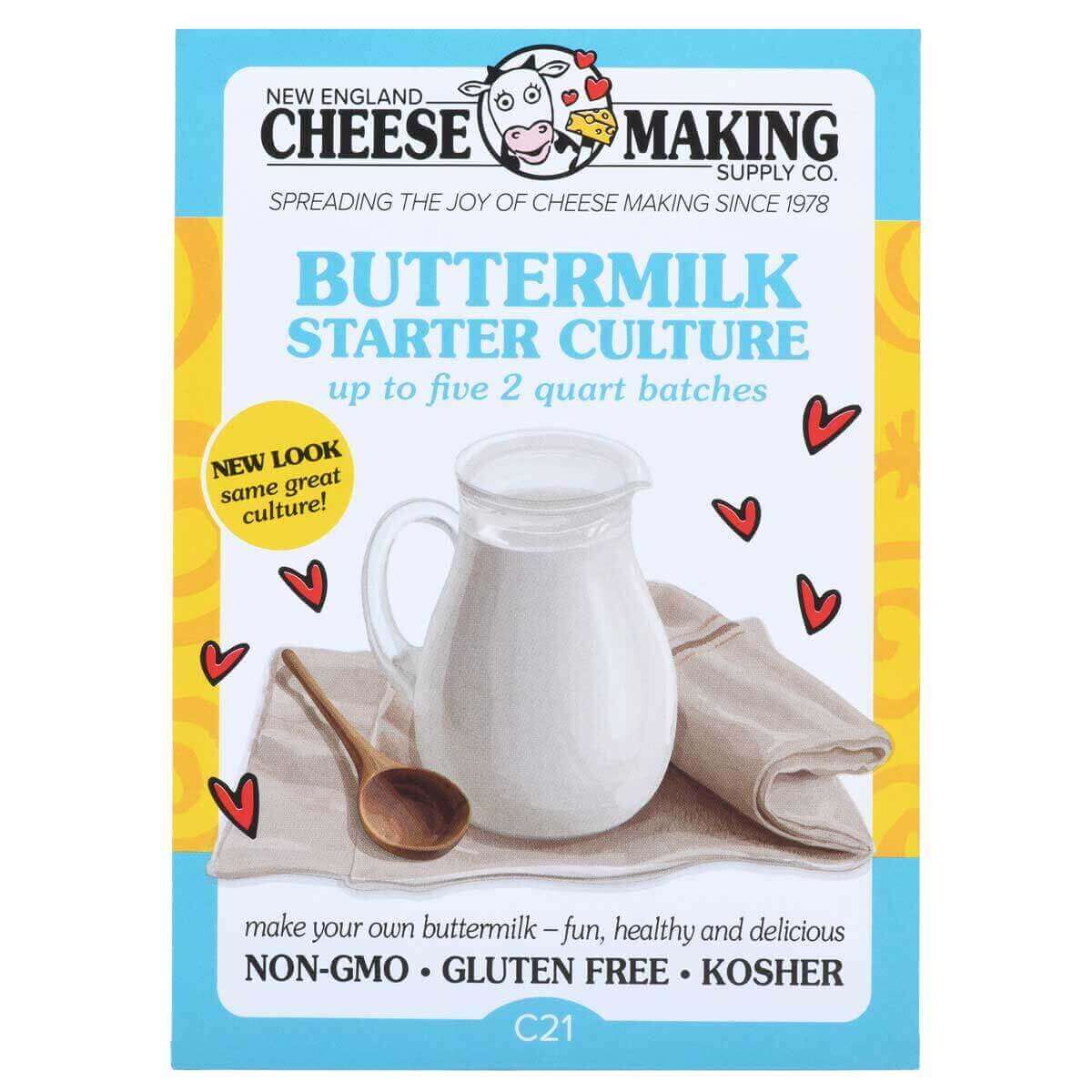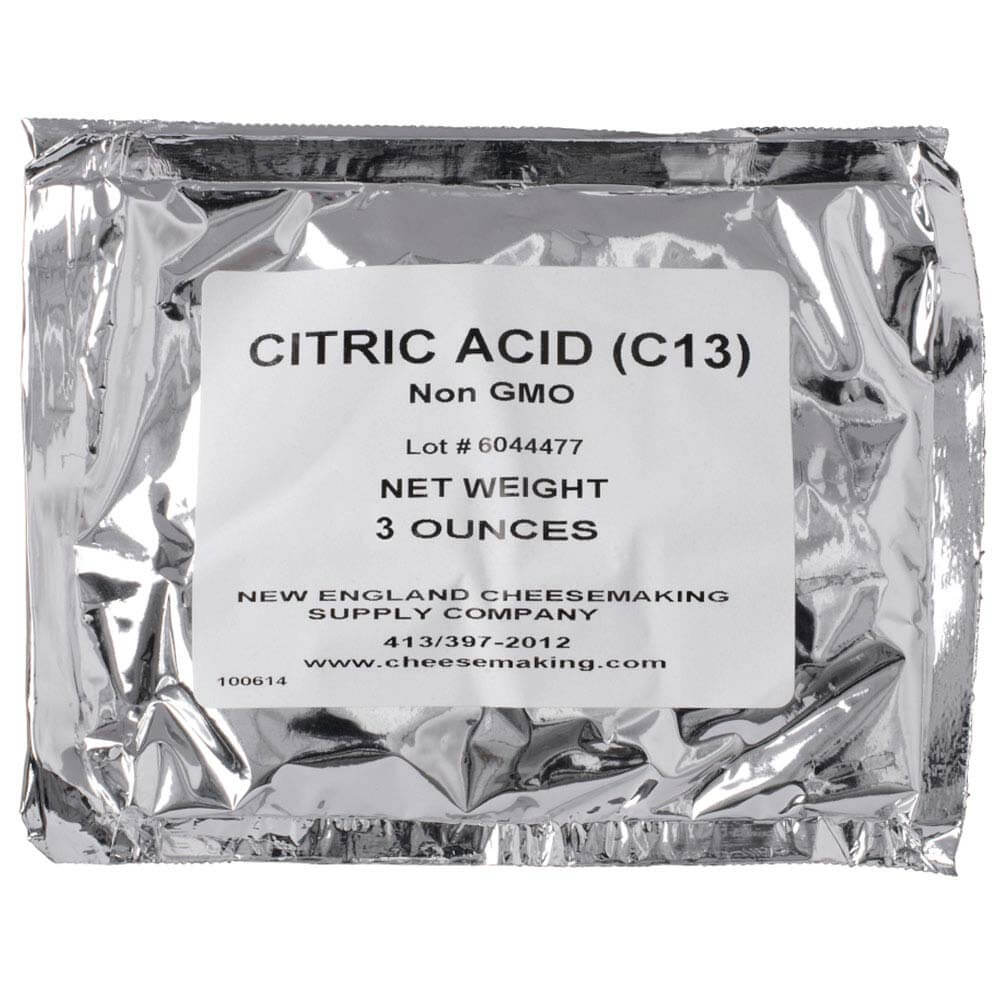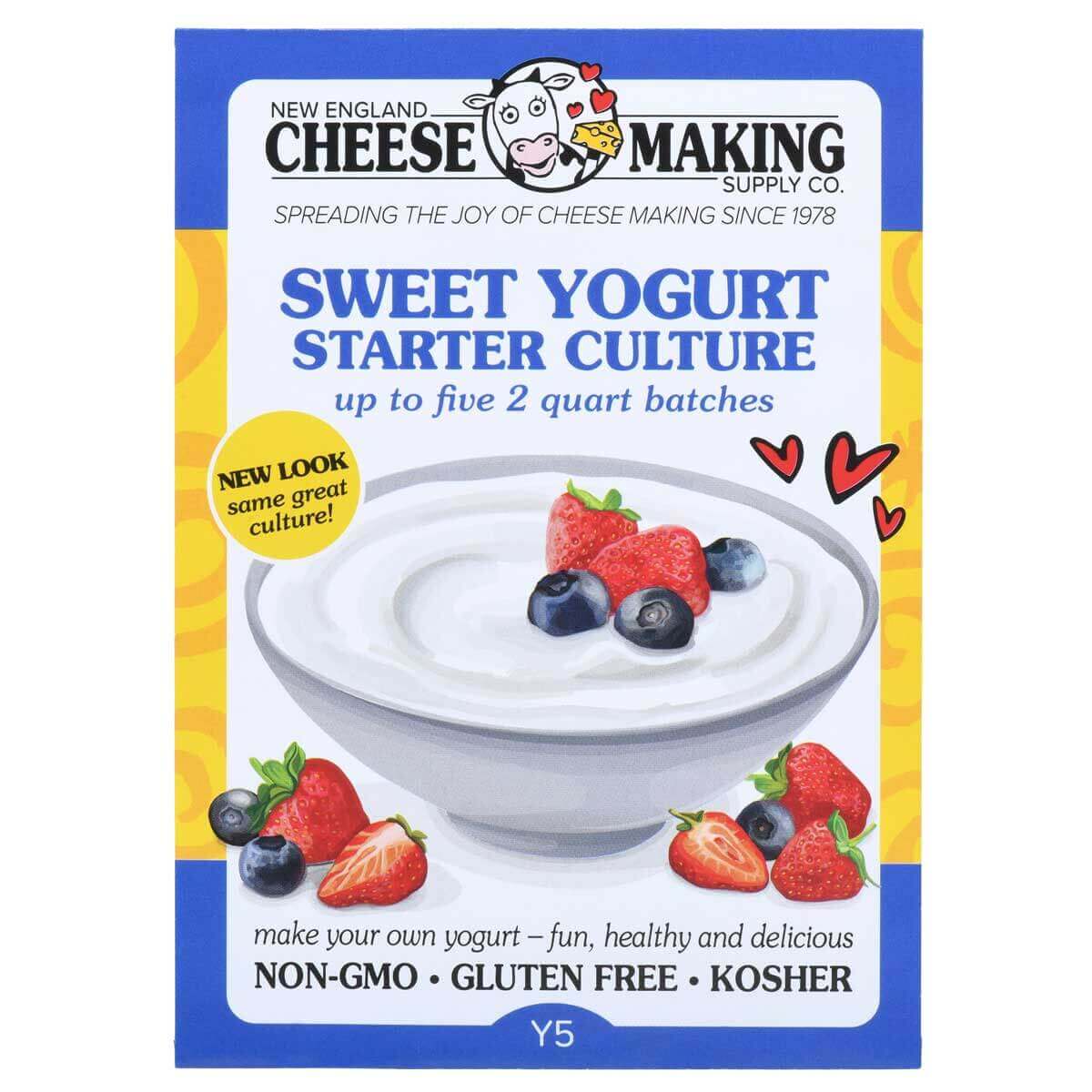I recently received my first Mozzarella Kit – delivered straight to my door!
I’m a newcomer to cheesemaking, and Jeri – this blog’s author and cheesemaker extraordinaire – was kind enough to let me share my experience with you. She thought it might be neat to have a newbie – cheesemaker’s point of view. The following is an account of my first-ever attempt at cheesemaking.
I received my kit as a gift, and if there are any readers out there wondering whether or not this would make a good gift, wonder no more. My cheesemaking adventure was a blast, the cheese is incredibly fresh and delicious – and I made it! But moreover, this kit has made me a stronger person. I’ll explain…
I set out to document my experience – planning to photograph my steps along the way, not really taking into consideration that I’d be stirring and stretching, separating my curds from my whey. Cheesemaking is almost a sport. I was only able to visually document some of my adventures, and where I was not, I improvised… (The website, www.cheesemaking.com is a wealth of information – everything you ever wanted to know and didn’t even know you wanted to know about cheesemaking. This article is just a newcomer’s point of view, so refer to the site for expert advice.)
First off, it’s such great packaging! I love the colorful box and was happy to discover that it opened easily and it can be reused… so smart.
I examined the contents, skimmed through the booklet…
I put my favorite vintage apron on. I was getting excited. I gathered my equipment. Actually, all I needed was: my new mozzarella kit, a gallon of milk, a large stainless steel pot, a slotted spoon, a colander, a knife, and a bowl! (rubber gloves optional.) That’s it?! Before now, I had envisioned cheesemaking a little something like this:
 |
| (photo courtesy of Port Washington Summer Theatre-Aunt Eller in “Oklahoma”) |
Or is she making butter? OK. I’m going to be upfront about this. I don’t spend a whole lot of time in the kitchen. And- no fault of the kit’s – I was about halfway through my first attempt at cheesemaking when I realized something wasn’t quite right – I wasn’t achieving the coagulatory results I had hoped for. I retraced my steps – several times. I even did what any self-respecting cheesemaker would do: I went on Facebook. My post went something like this:
HELP! Any cheesemaking friends out there? My curds are not separating from my whey. Why? I know there’s a cheese queen, but is there a god of cheese?
(I later looked in my Greek Myth Dictionary and found out it’s Aristaeus: God of cheesemaking, “dairy skills,” and bee-keeping, among other things.)
Anyhow, back to Facebook, I didn’t get many responses to my post.
Mostly just: You’re cooking??
So I sent Jeri an email and she was kind enough to reply instantly. She sent me this in return:
“I think it might be a good idea for me to help you. Jeri.”
Wait. Had Jeri somehow become aware of my domestic limitations? Right then, I’m not sure if it was my pride, my competitive nature, but something in me shifted. I was now determined more than ever to prove that I was a fully capable domestic woman – I could be a cheesemaker if I wanted to be a cheesemaker. I told myself I would not go to bed that night without a beautiful, shiny ball of mozzarella.
I called in the troops. I called my mother. And after getting my man friend involved:
(This is him giving the instruction booklet a dramatic reading – he’s an actor, and everything he reads sounds impressive.)
…after several run-throughs, we (he) realized that I was using only a half-gallon bottle of milk while the directions called for a full gallon.
I wish not to discuss this any further.
(I’ve since learned that New England Cheesemaking Supply Company has a Facebook page as well as a ton of helpful tips in the help section of their website – there’s a Beginners Help section and even a Curds Help section, among others… and it was in the Mozzarella Help section that I figured out what my problem was. Because I used only a half-gallon of milk, the teaspoon and a half of citric acid was too much – it was too acidic, I probably could have saved the batch had I gone to the website. However, pets love failed batches.)
So I headed back to the market …..
(Again, this photo is from my first attempt)
I bought two half-gallon bottles this time. 1+1 = 1 ….gallon. I was prepared.
I won’t lie, I was a little nervous now. My milk-measurement malfunction had really thrown me for a loop. I wanted so badly to prove to myself that I could do this.
I proceeded onward.
And to my surprise, the second time around had me feeling like an old pro. It really is a simple recipe if you just follow the directions. And that’s what I did, I followed the directions: I dissolved ¼ of a rennet tablet into ¼ cup of water and set it aside:
I mixed 1 ½ teaspoons of citric acid into 1 cup of cool water and added it to the gallon of milk I had poured into my pot, stirring and checking the temperature:
When it reached 90 degrees (it took only a few minutes), I took the pot off the burner and slowly stirred in the rennet solution I had set aside earlier. I covered the pot and waited 5 minutes:
(This photo, you may notice, is from my first debacled attempt – hence, the one bottle of milk and the laptop opened to Facebook.)
After 5 minutes or so, I checked my progress. There was a clear separation between my curds and my whey! SUCCESS! So, I sliced the curd in half with a knife long enough to reach the bottom of the pot. (My curd actually wasn’t as solid I as expected it might be, didn’t look as pretty as the picture in the book, but the batch came out perfect, so I guess it was okay!)
I then put the pot back on the stove, heated it up to 105 degrees while I slowly moved the curds around with my spoon. After it reached 105 degrees, I took it off the burner and continued stirring for a bit, (2 – 5 minutes. More time makes a firmer cheese.) At this point, I opted to go the microwave route. (I will try the water bath method next time – can’t wait, actually.) (All the steps are right there in the booklet and easy to follow.) Then, with my slotted spoon, I scooped my curds out of the pot and into a microwavable bowl:
(I never realized how beautiful curds were.)
After microwaving the curds for about a minute and a half, I added about a half teaspoon of salt and I stretched them and stretched them until them became it. I was (and still am) so proud of my shiny, misshapen beauty:
I then gave it an ice bath. I wrapped what we didn’t eat in plastic wrap (I forgot to mention, as I was stretching the curds into mozzarella we sampled quite a bit – incredibly, incredibly delicious, both warm and cold) and I placed it in an airtight container where it will stay fresh for up to two weeks in the fridge!
I’m already looking forward to making the remaining batches – 28 to be exact – each kit contains 30 batches! There are some great recipes in the instruction booklet that I look forward to trying. And now, I can’t wait to peruse the website some more. I’ve become one of Jeri’s devoted blog followers, and I’ve become a fan of The New England Cheesemaking Supply Company on Facebook.
Making this batch of mozzarella felt to me a little like making my first batch of cupcakes as a kid, or my first batch of biscuits in 7th grade HomeEc class (I was the only one who accidentally used baking soda instead of baking powder). But I did it; I made CHEESE! Yes, I had a mild setback; my friend bailed me out at one point, but I’d like to think I would have eventually figured it out – and even if I hadn’t, asking for help isn’t such a bad thing. Here’s a photo of the salad we had for dinner that night complete with chunks of my homemade mozzarella:
Now, I look forward to giving gifts of cheese during the holidays, to making Caprese salad with my own fresh mozzarella at our next dinner party; and what a fun activity this will be with my nieces and nephews in the kitchen. They will be so impressed with Auntie’s newly acquired skill set.
I noticed on the website that there are other kits too – one that makes Farmhouse Cheddar and Parmesan; and a Fresh French Goat Cheese Kit! I’d like to try that one next. Maybe I’ll have Jeri help me this time… you know, so we can take some better pictures.



